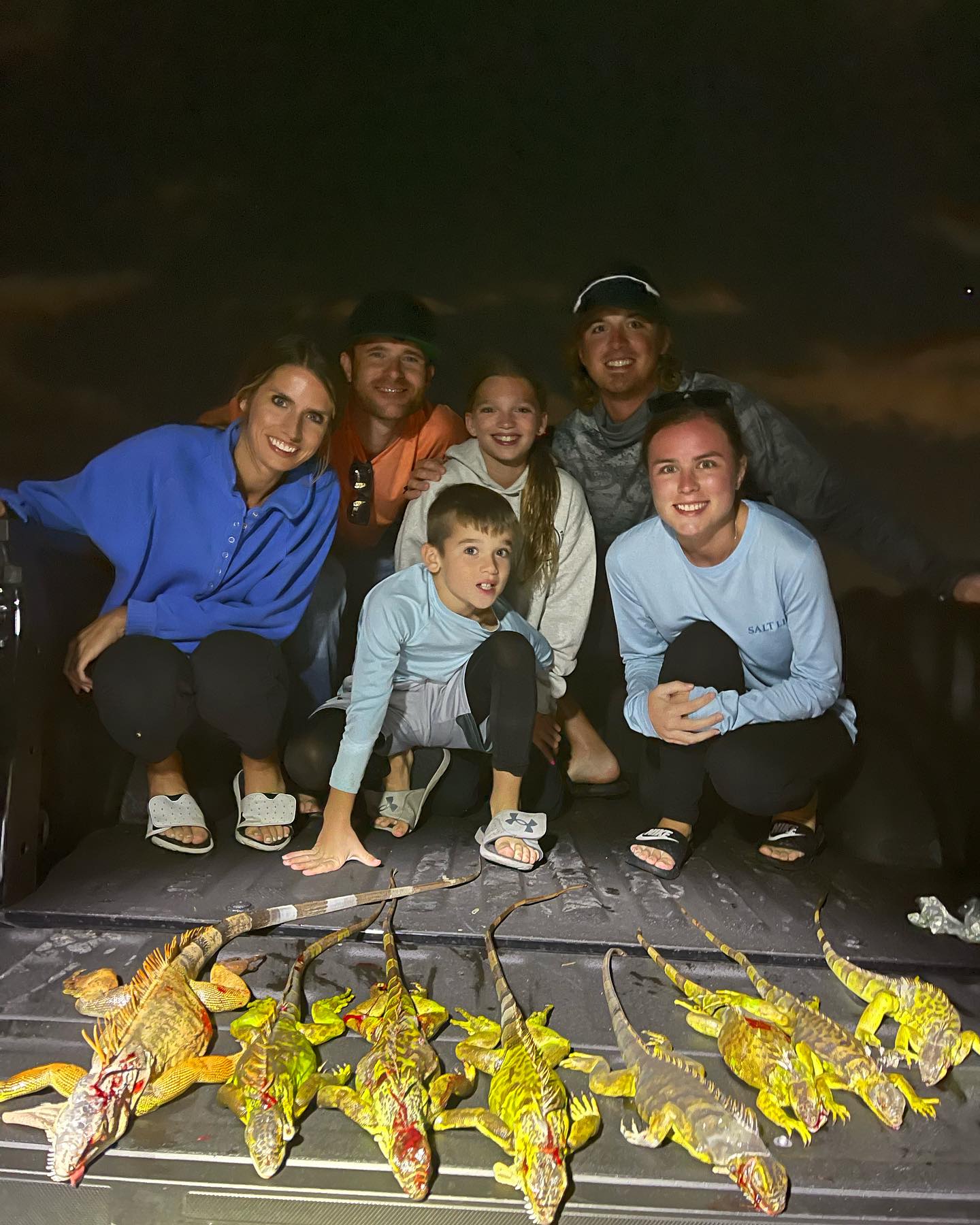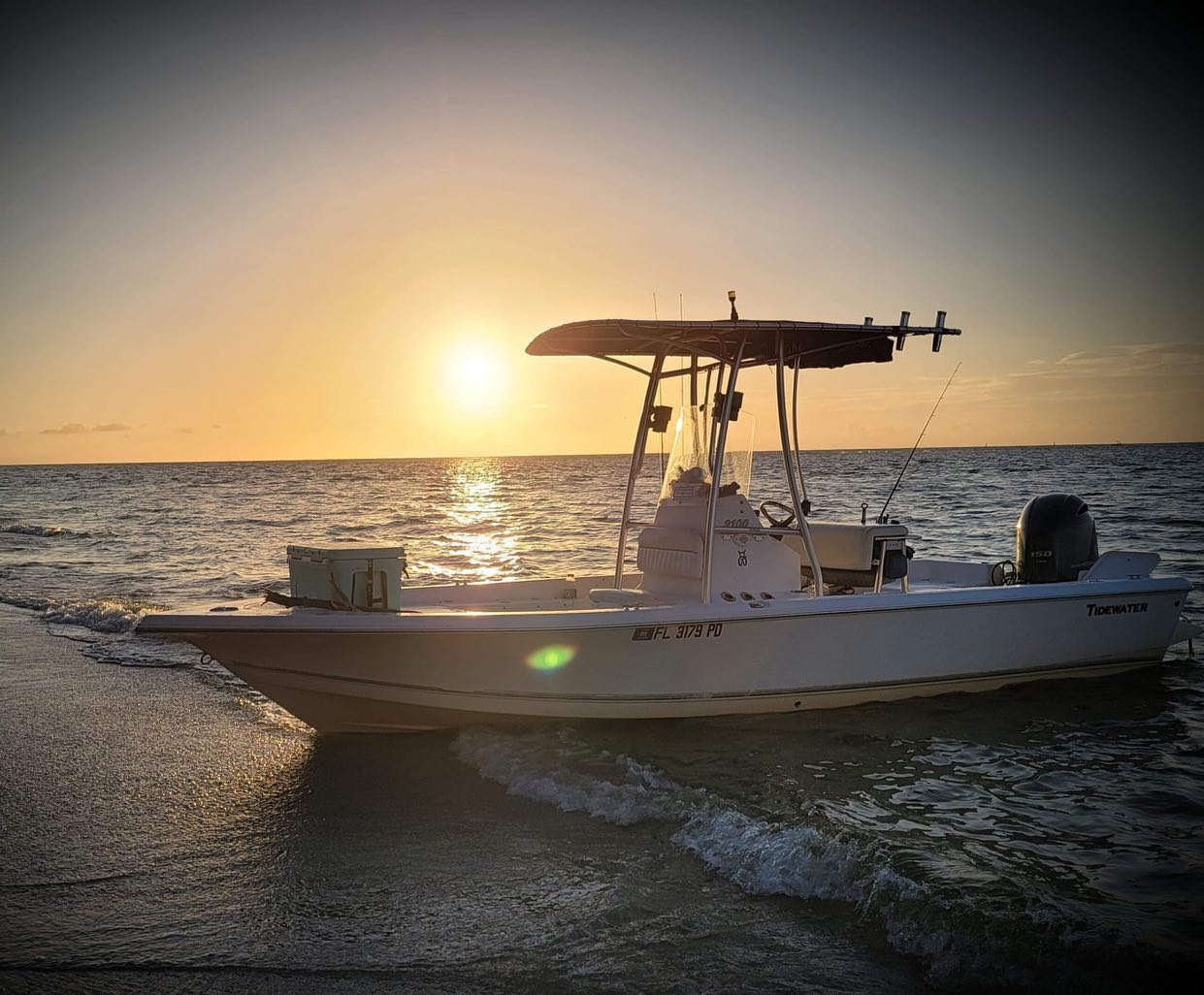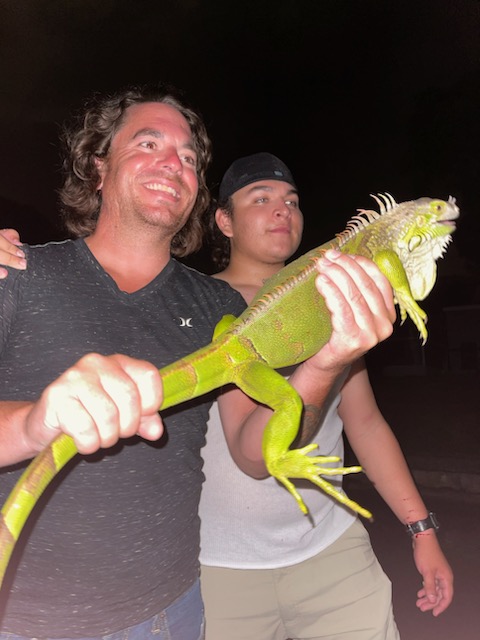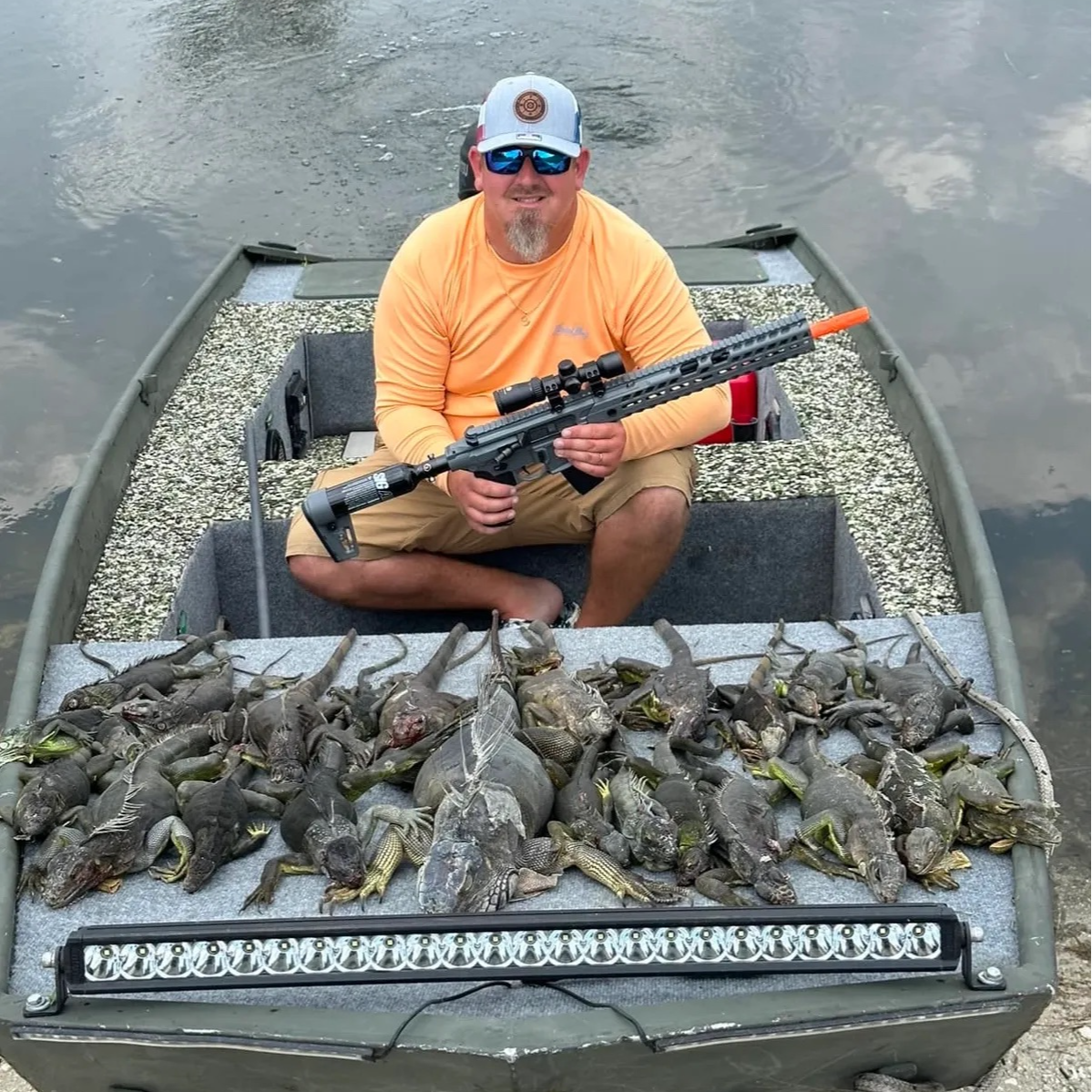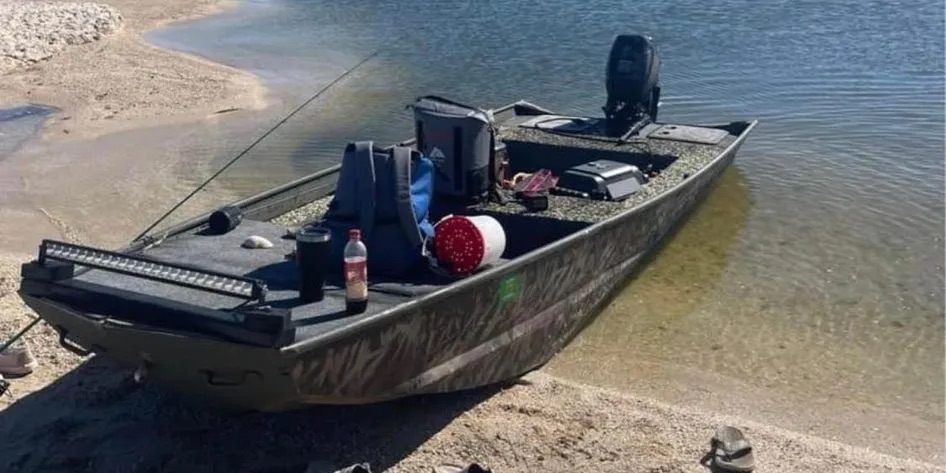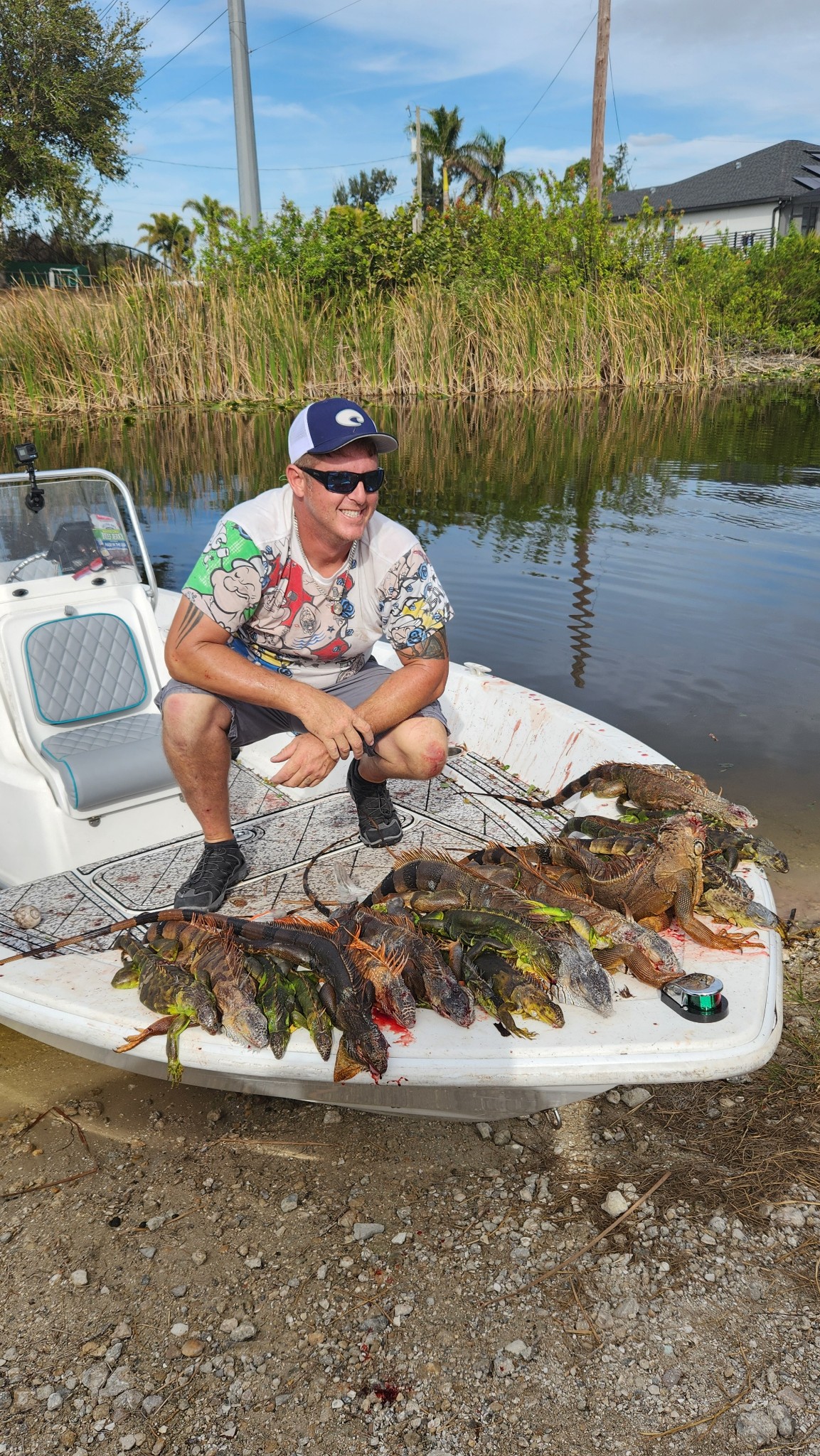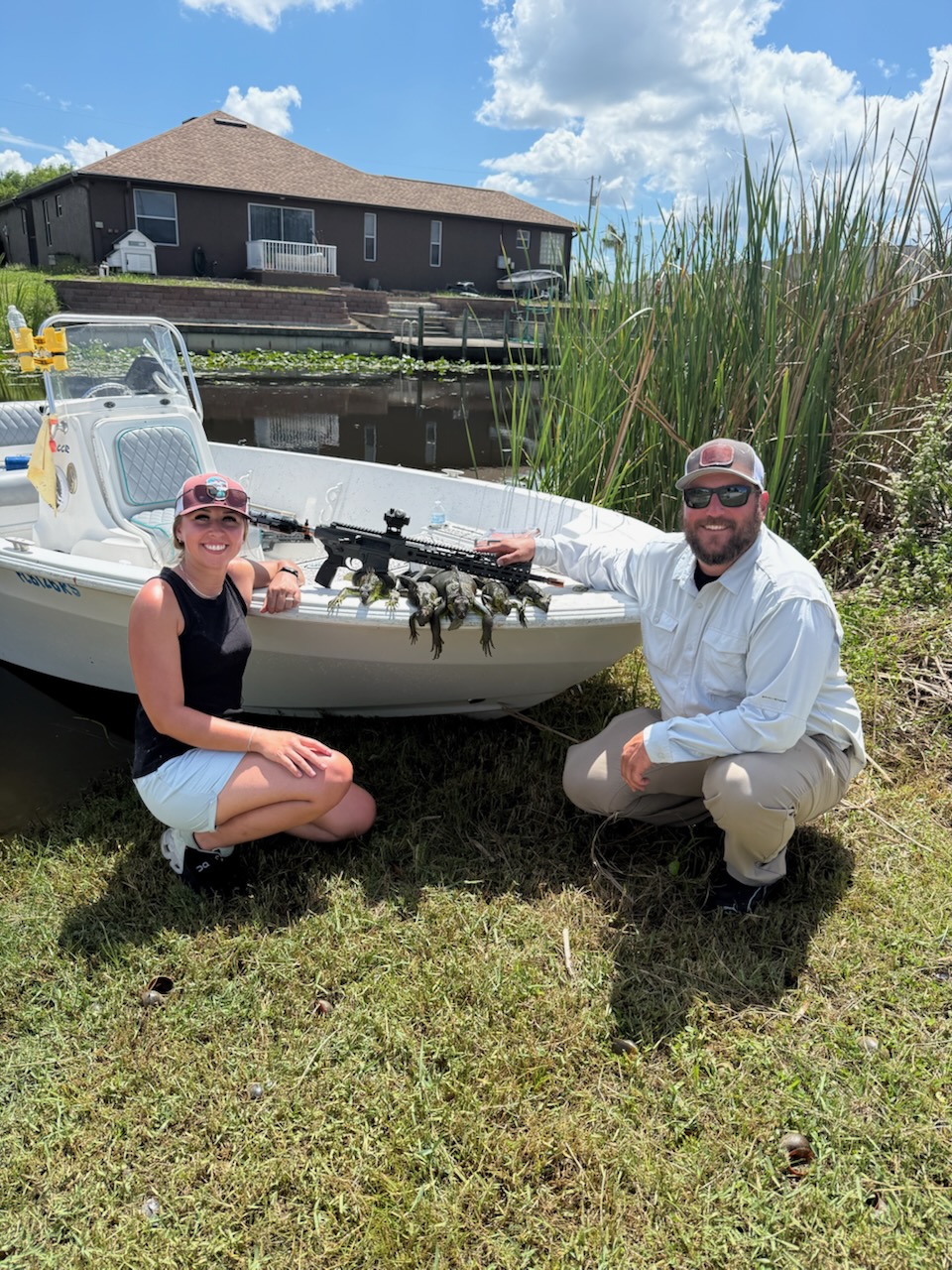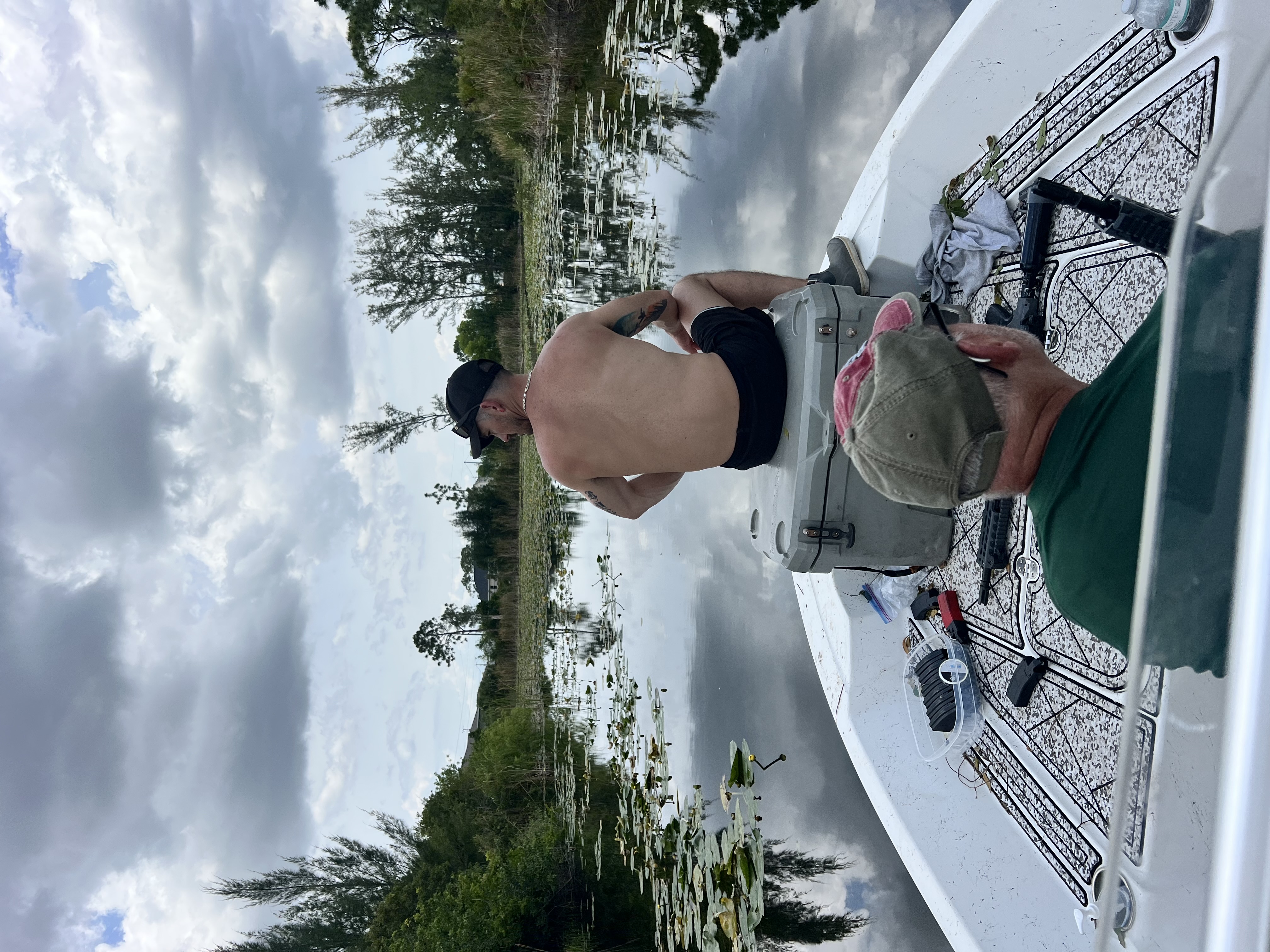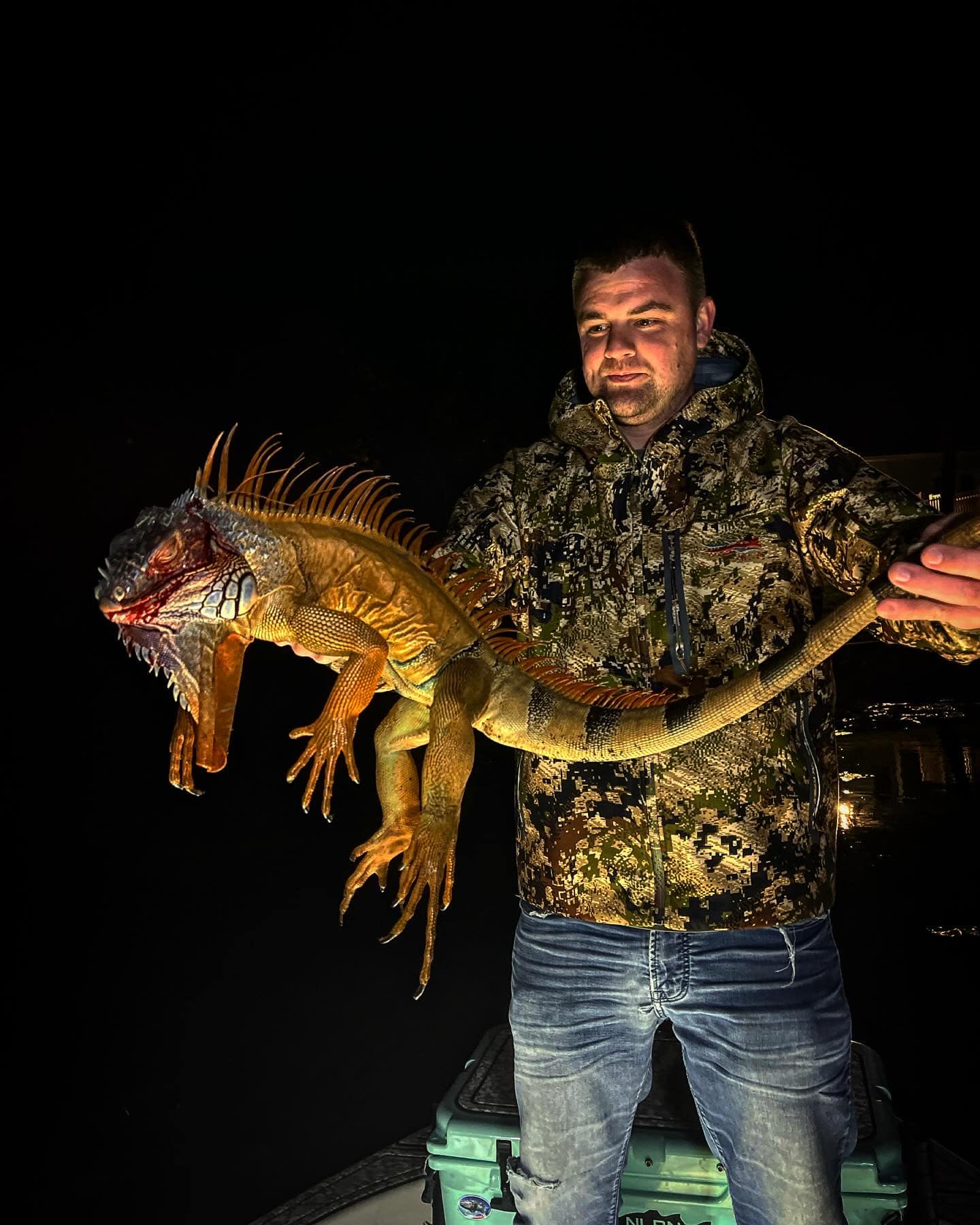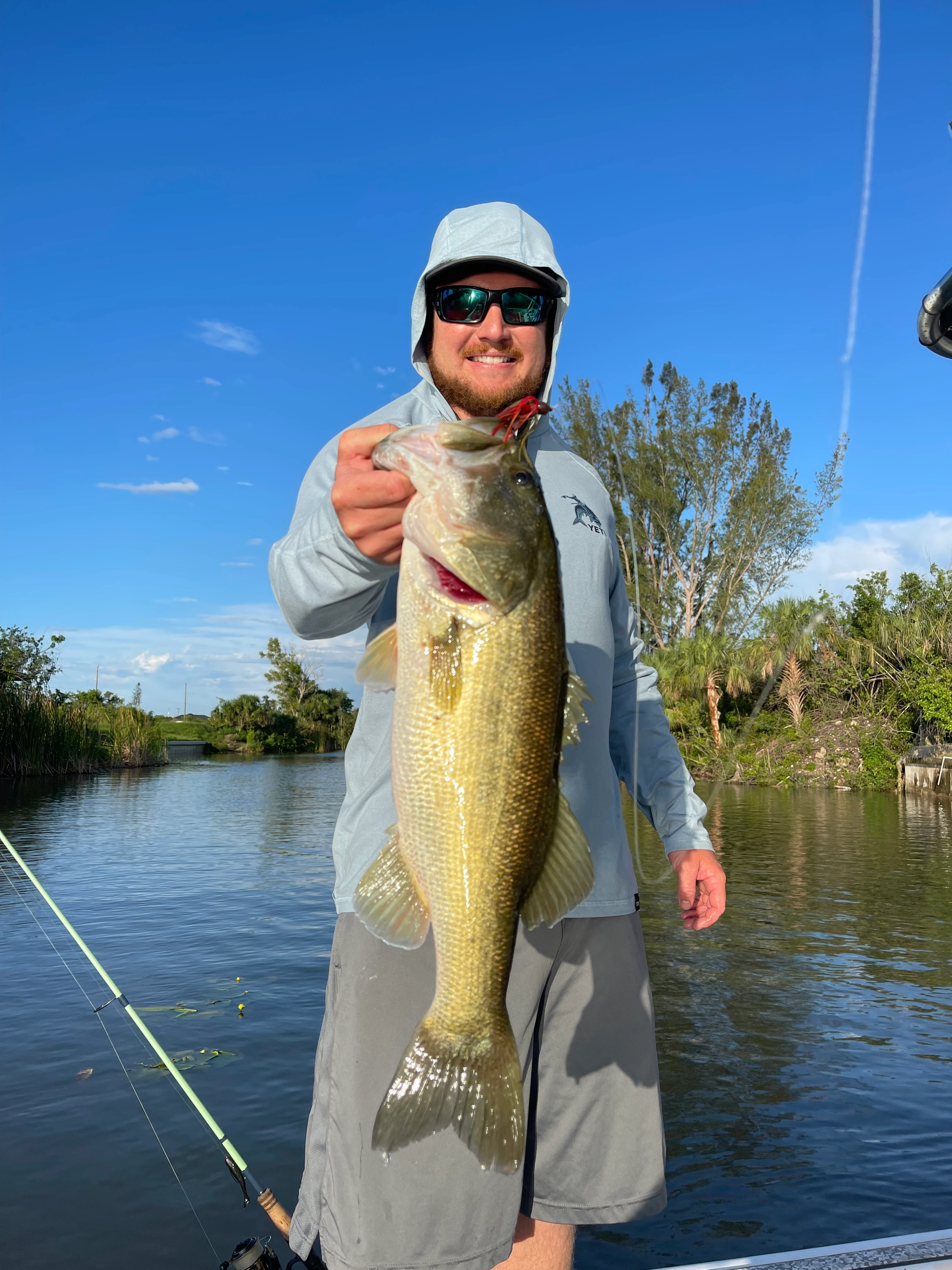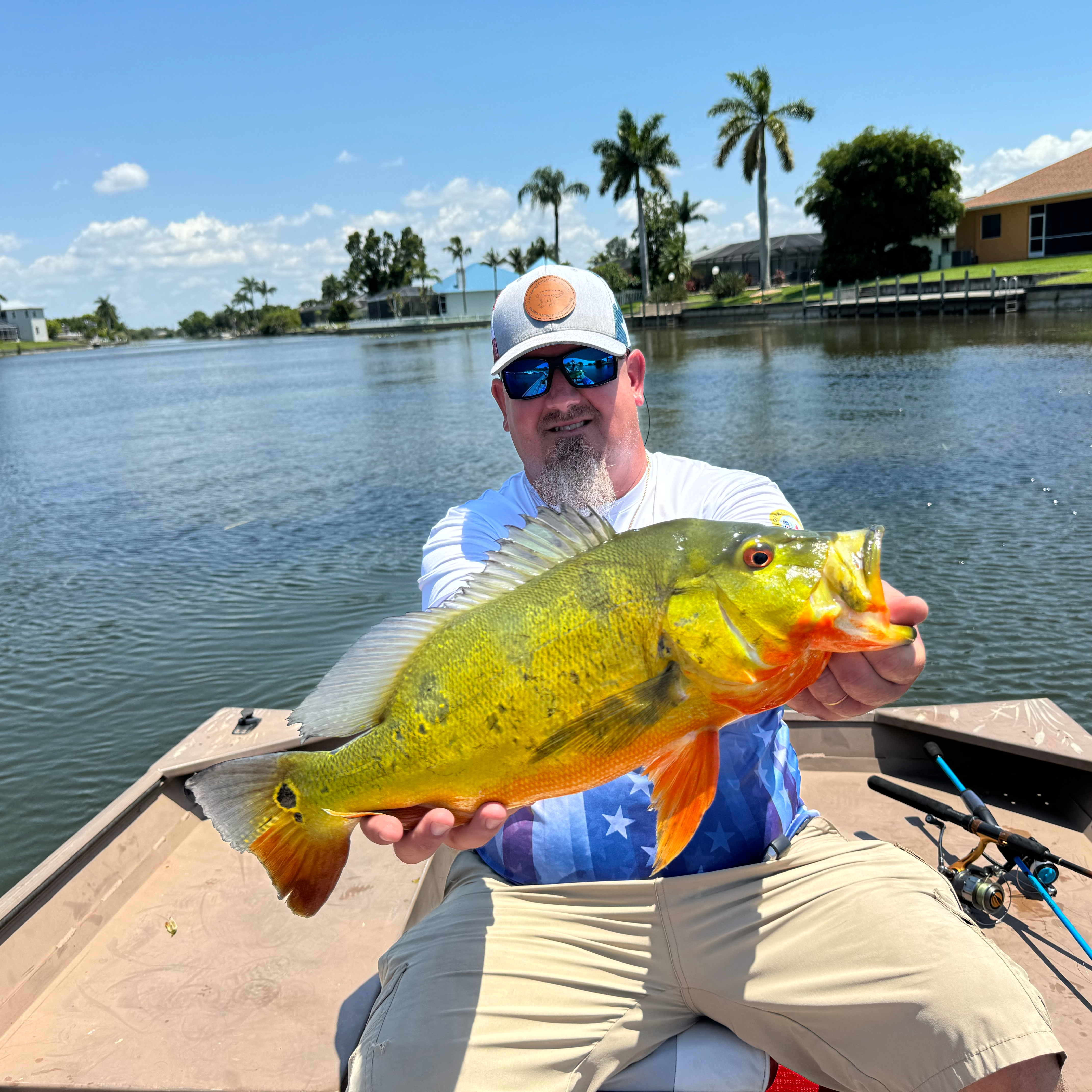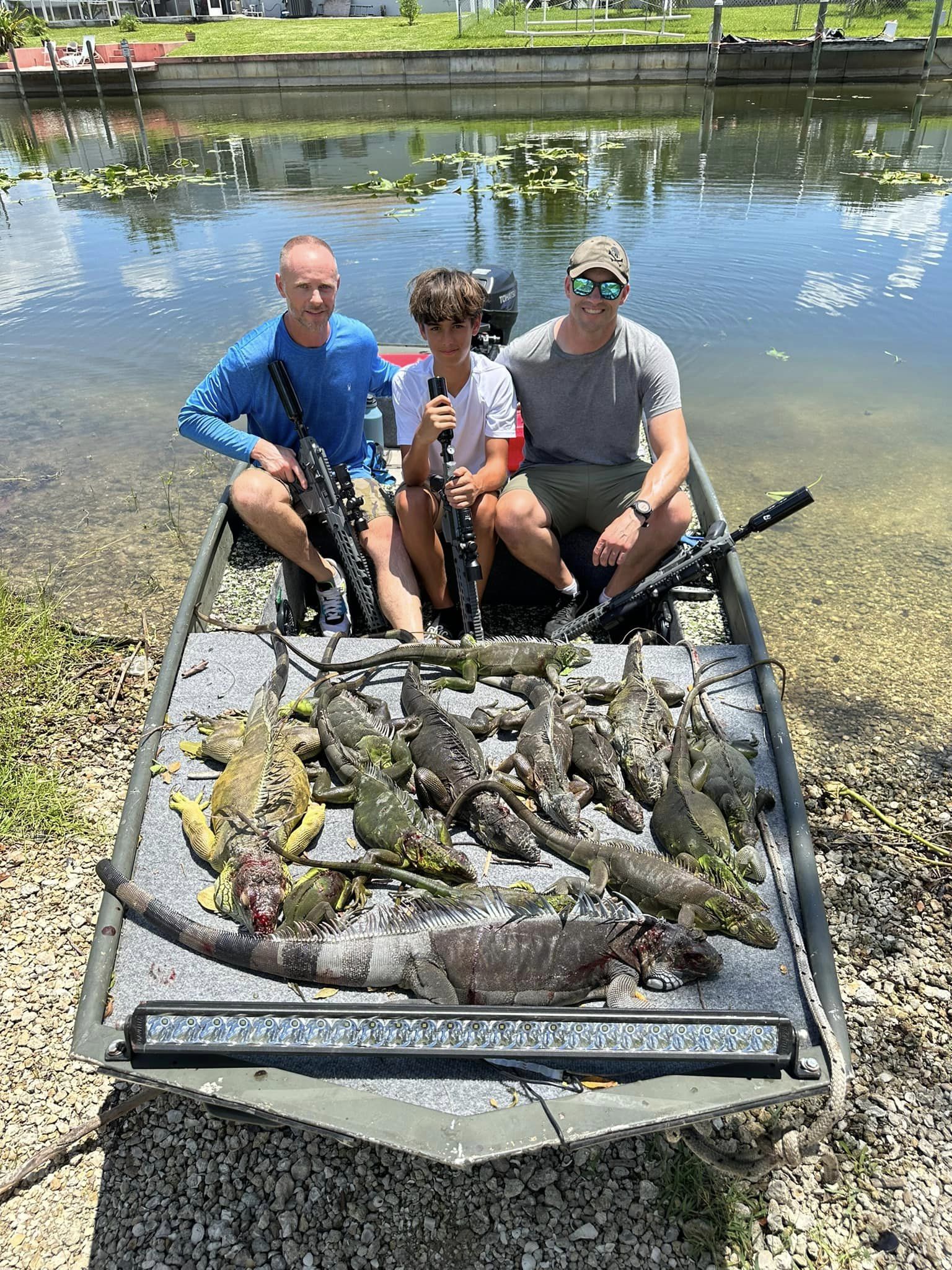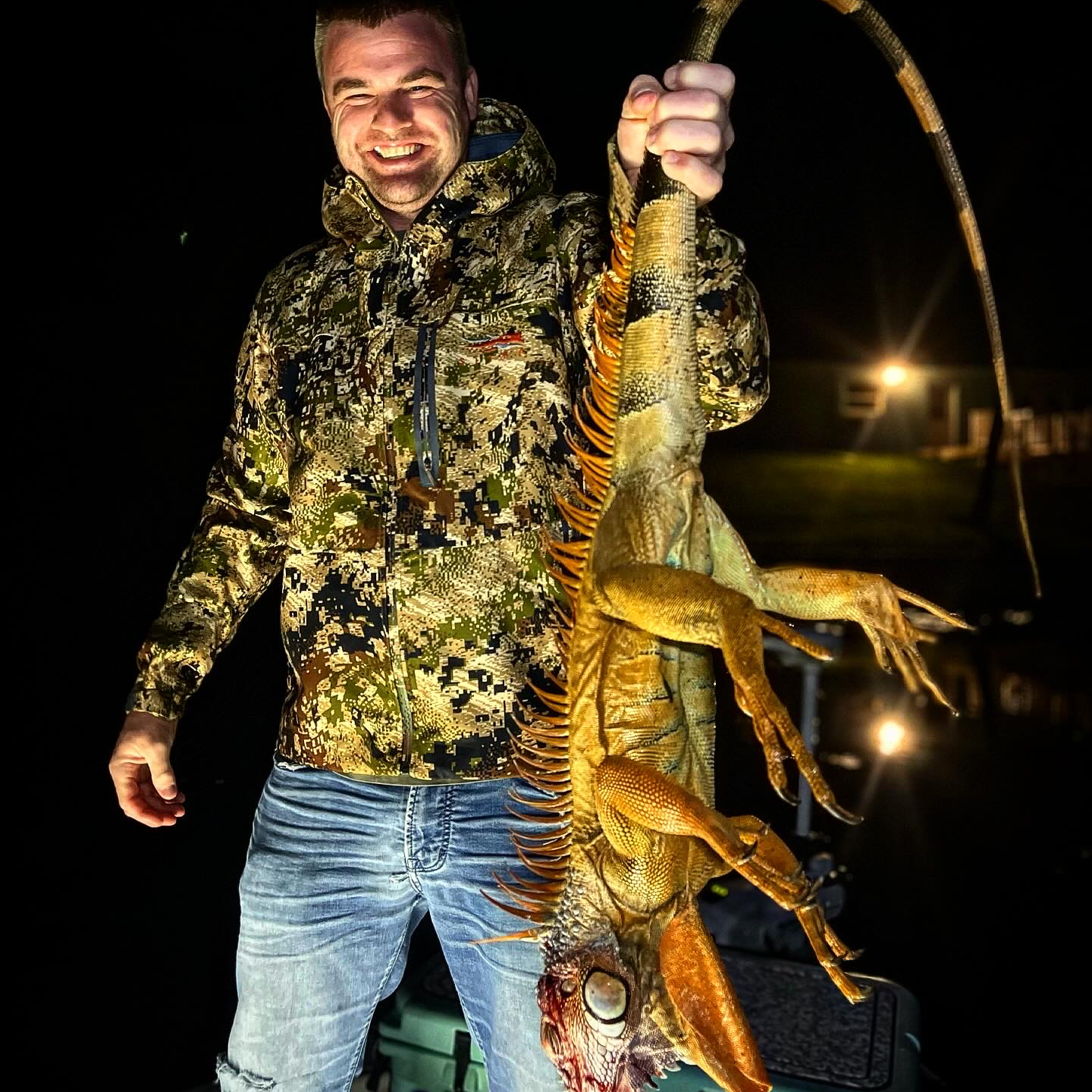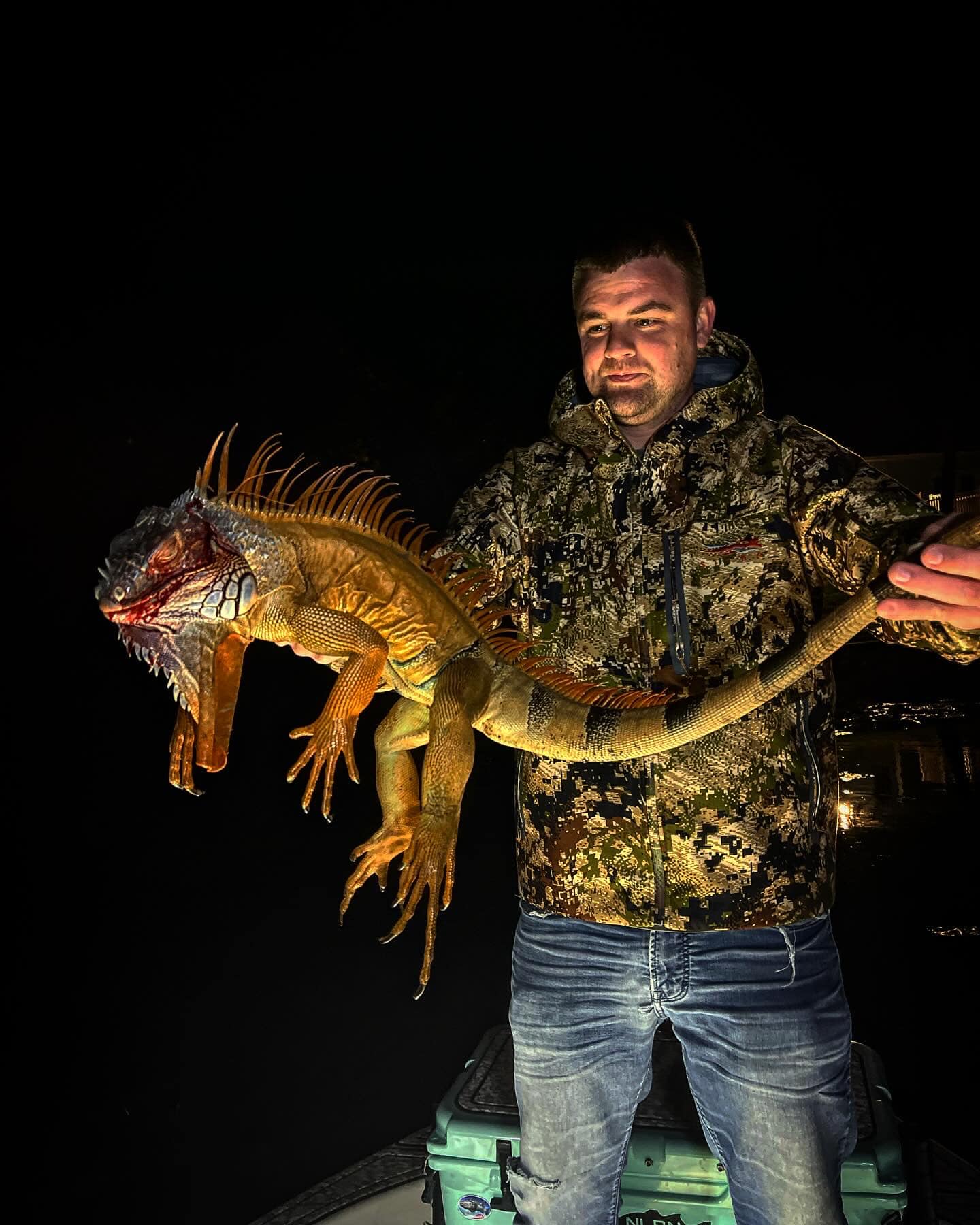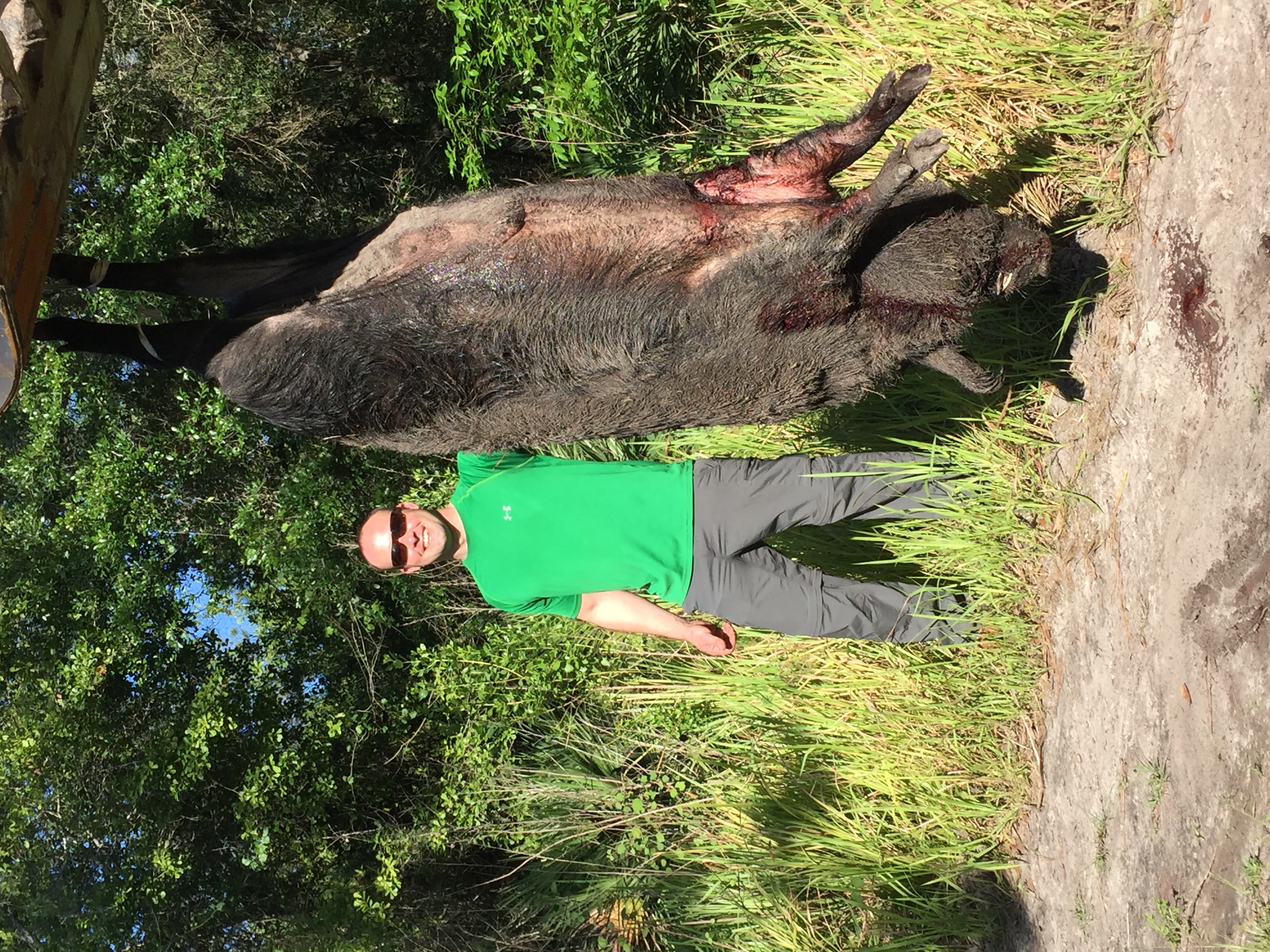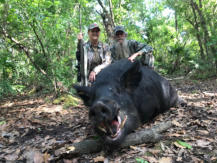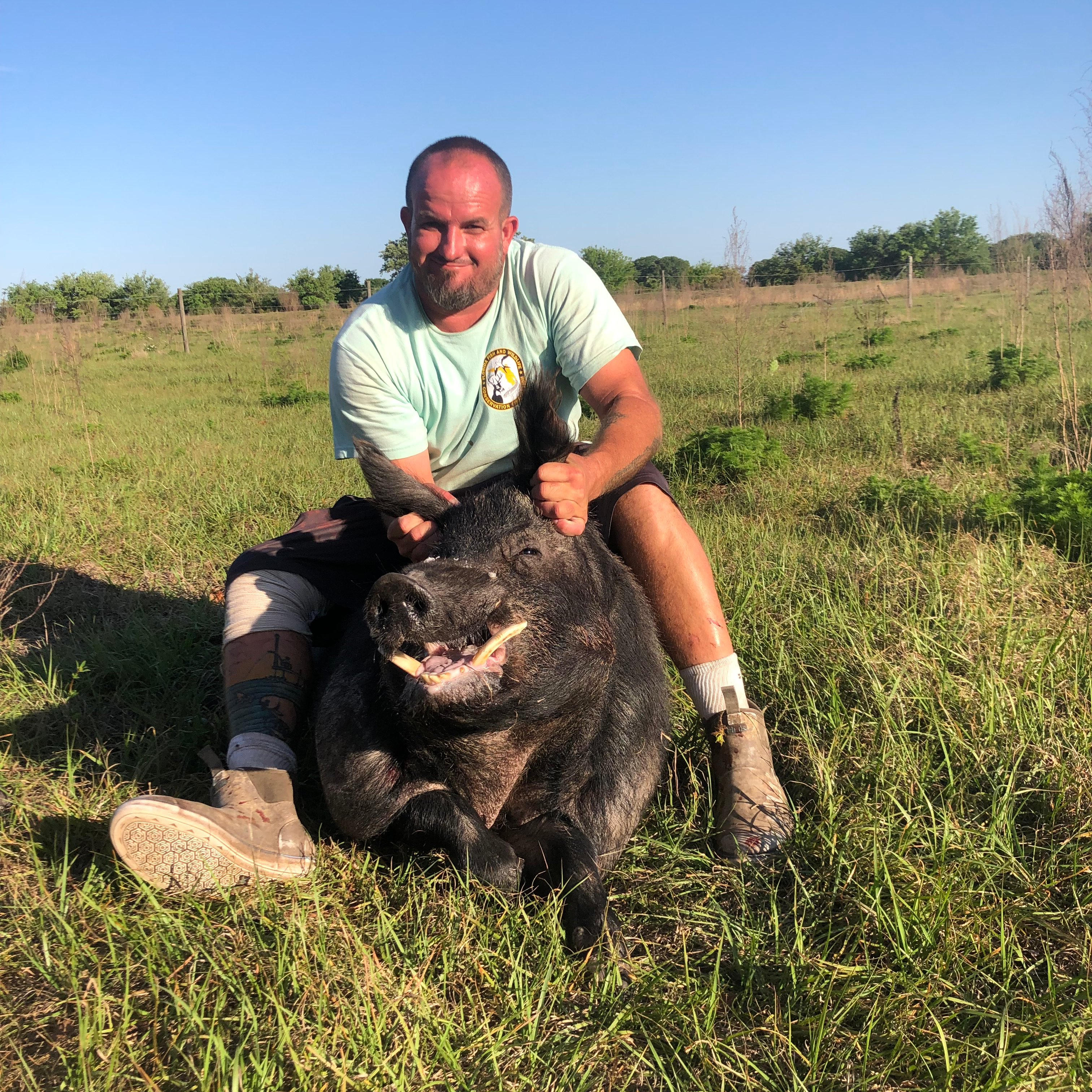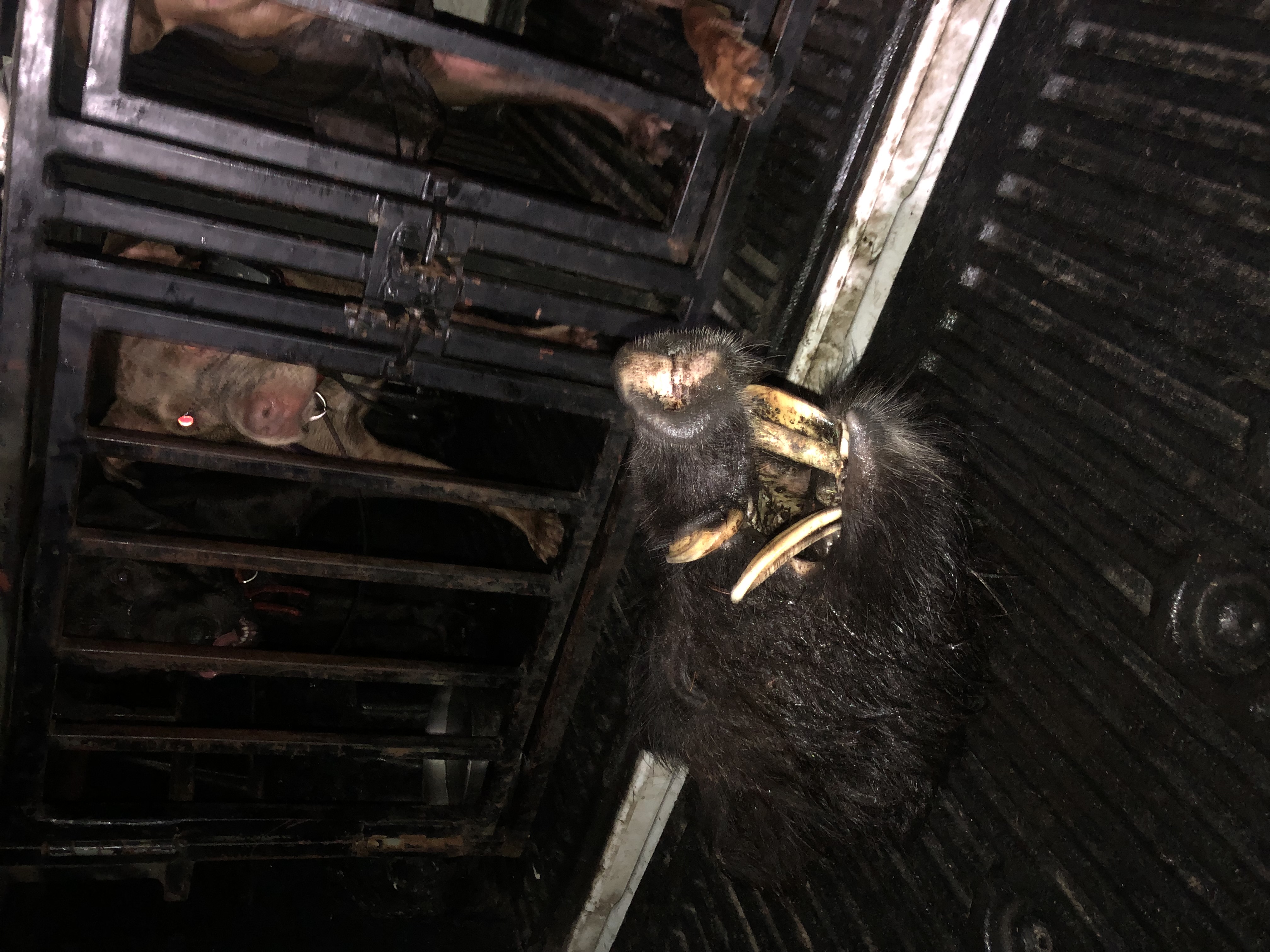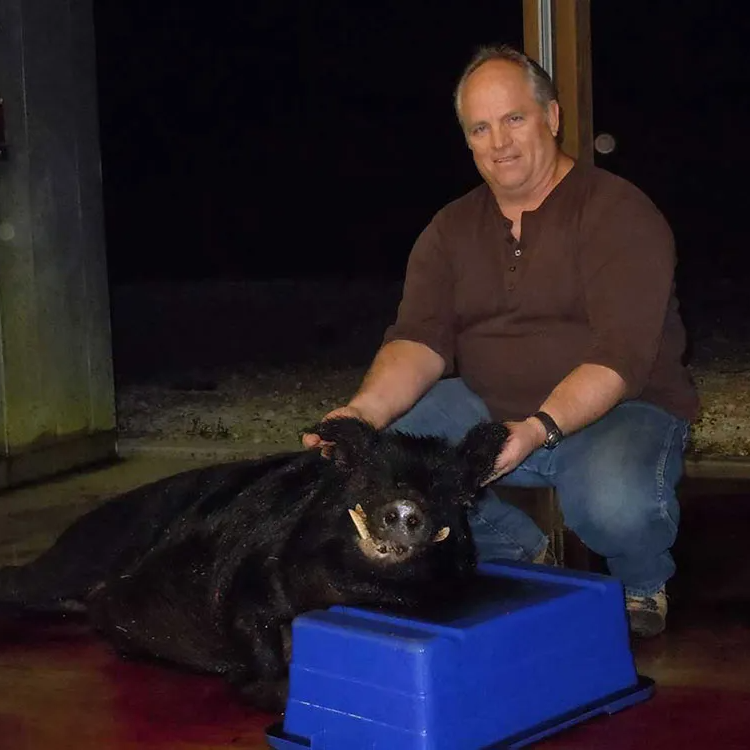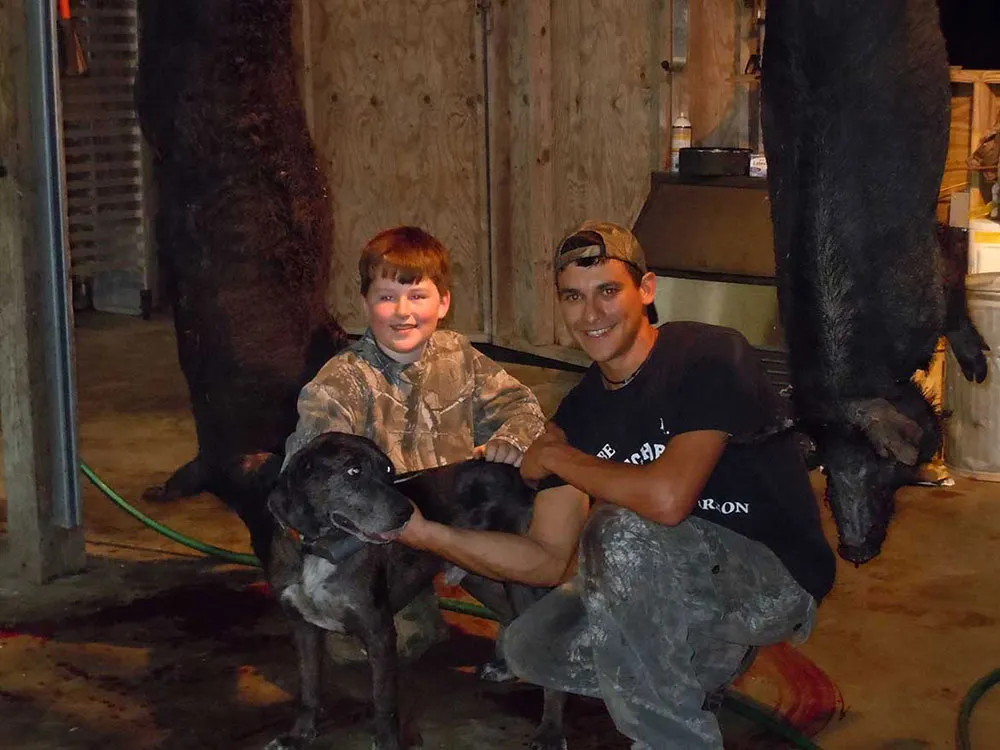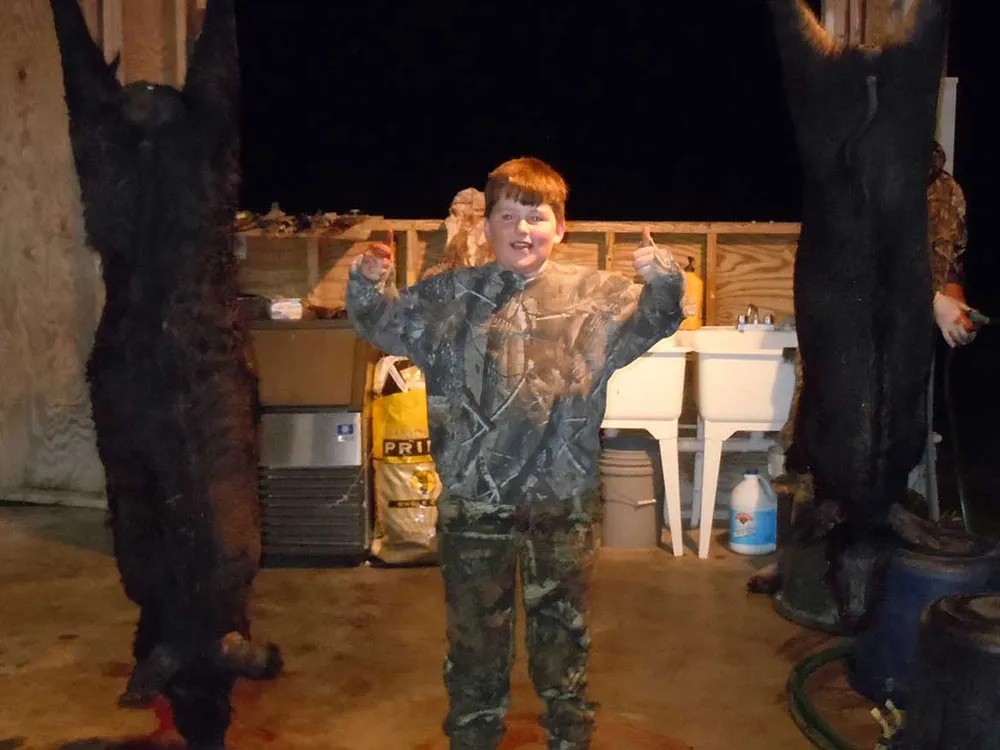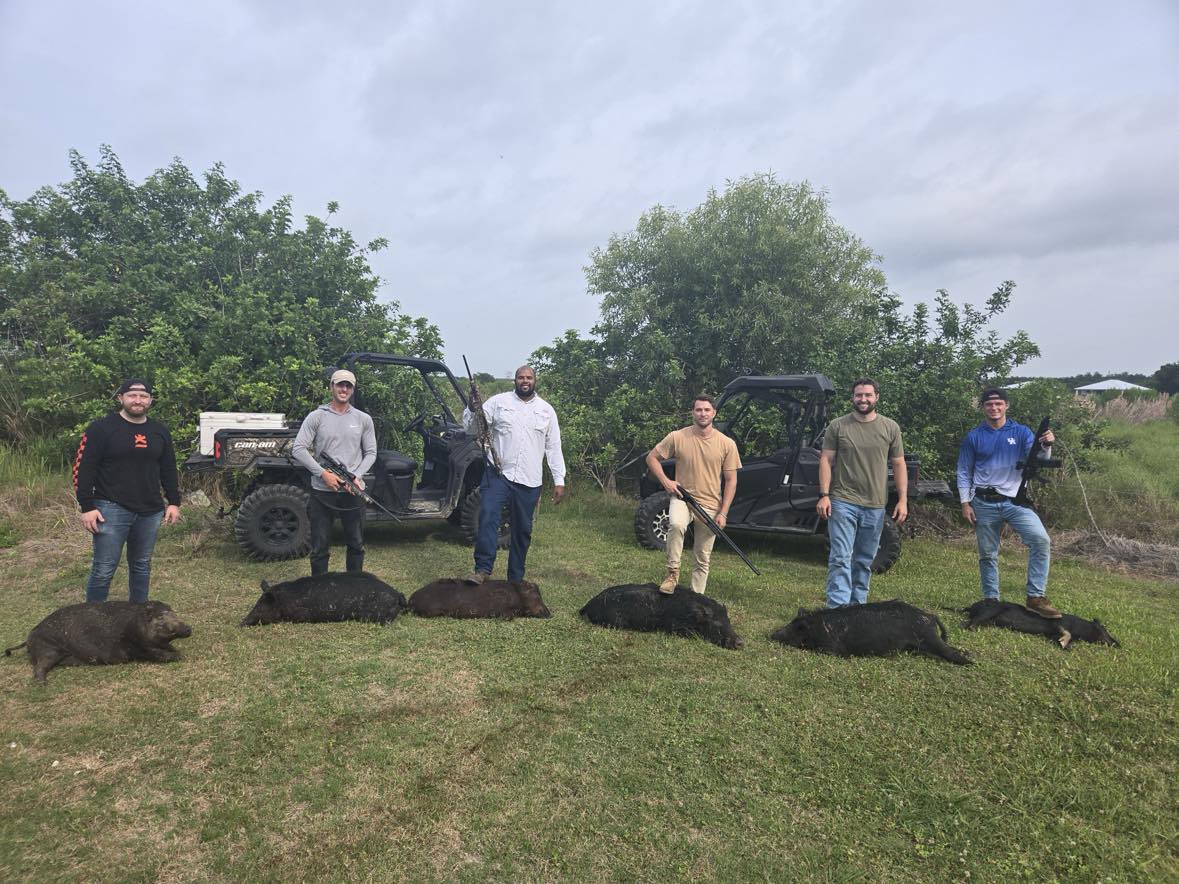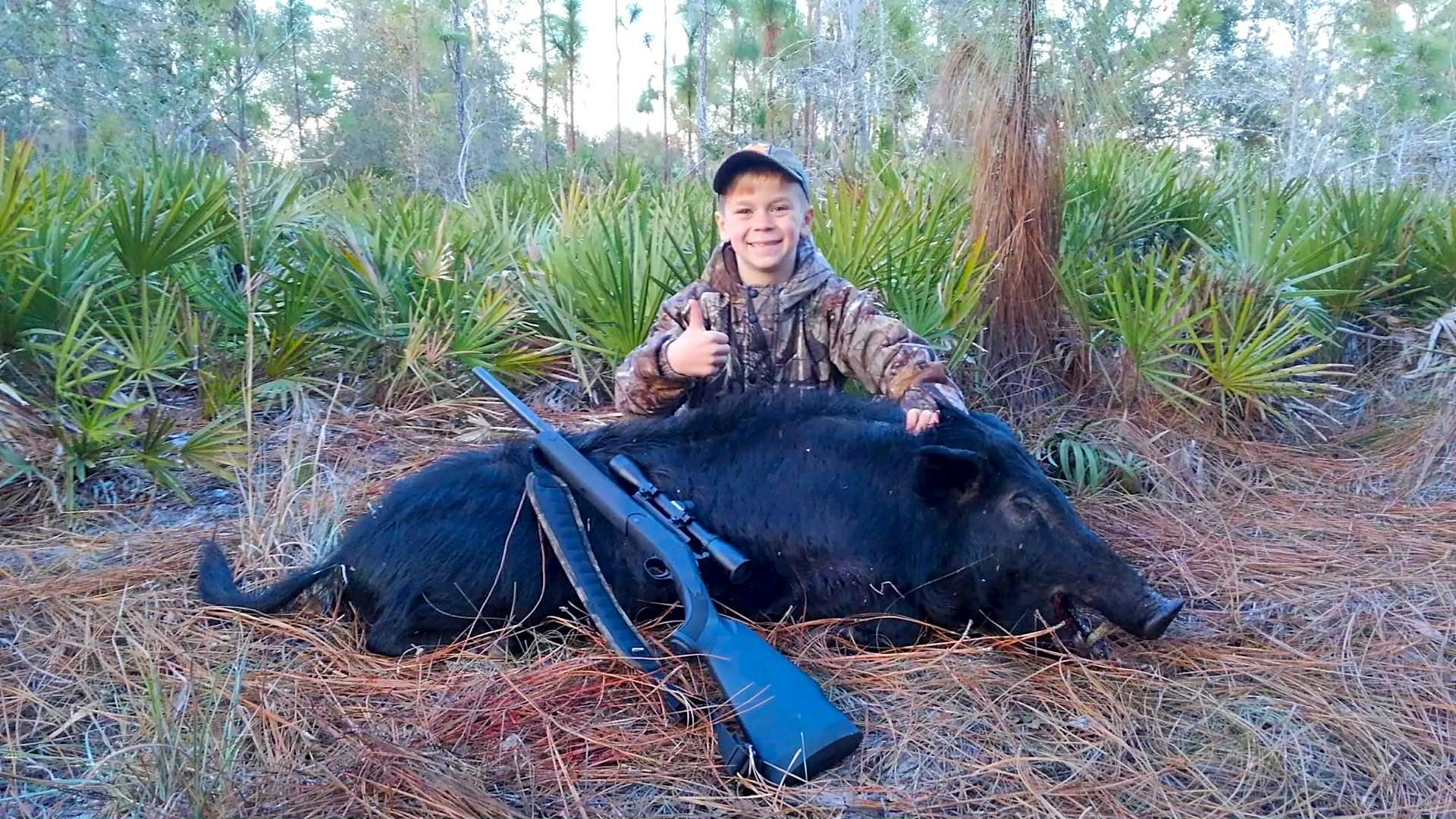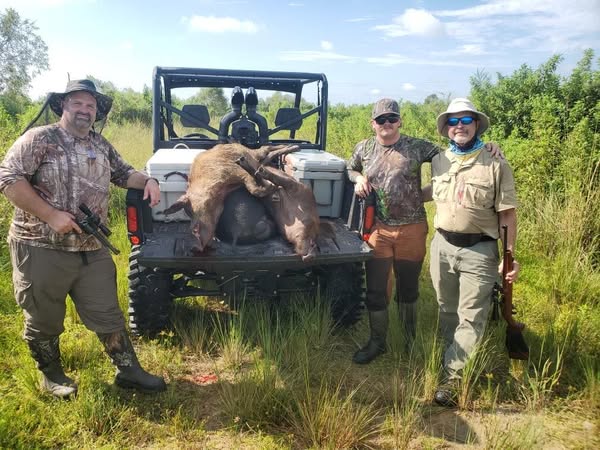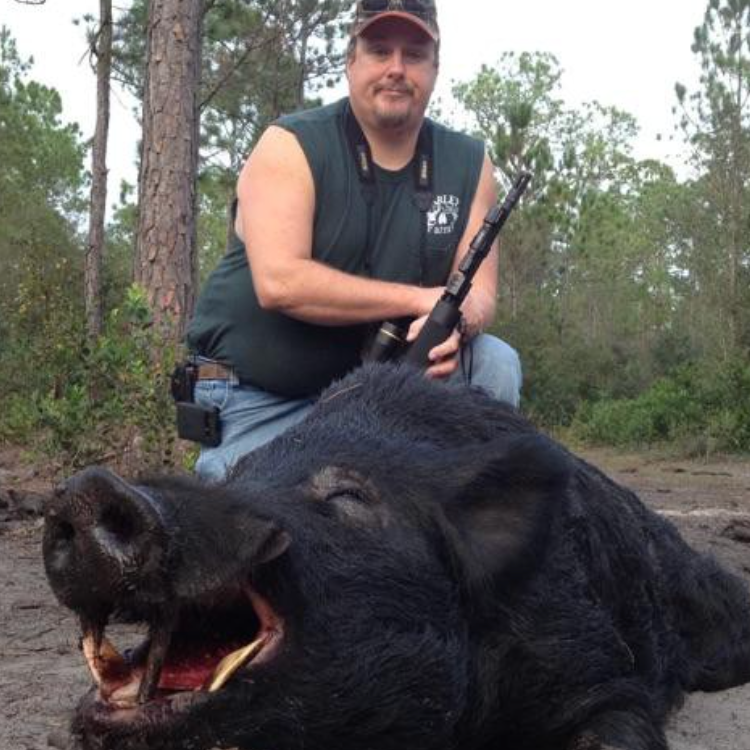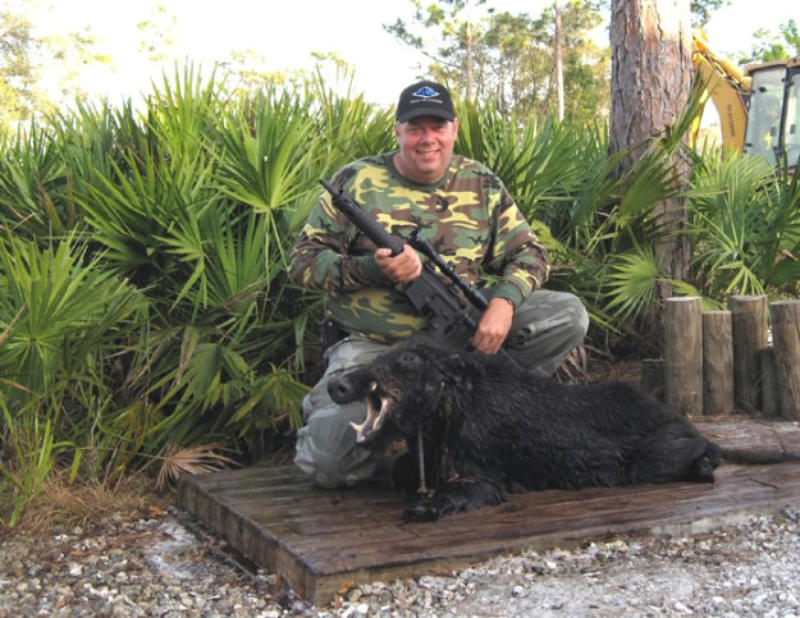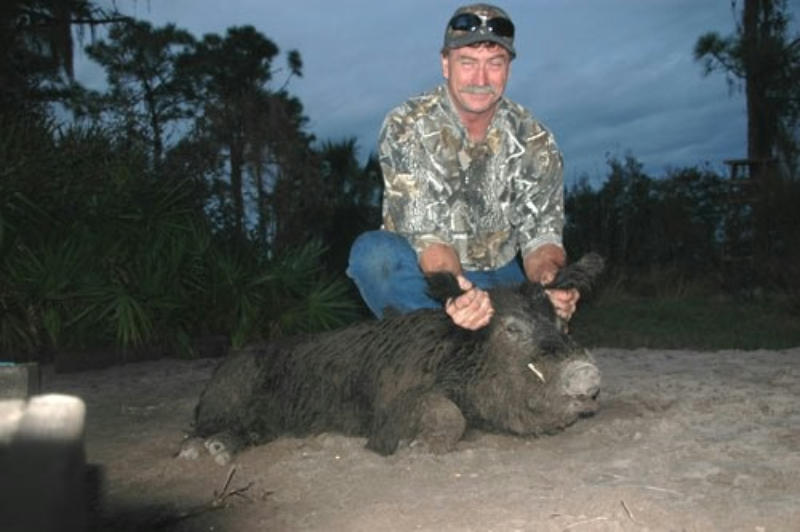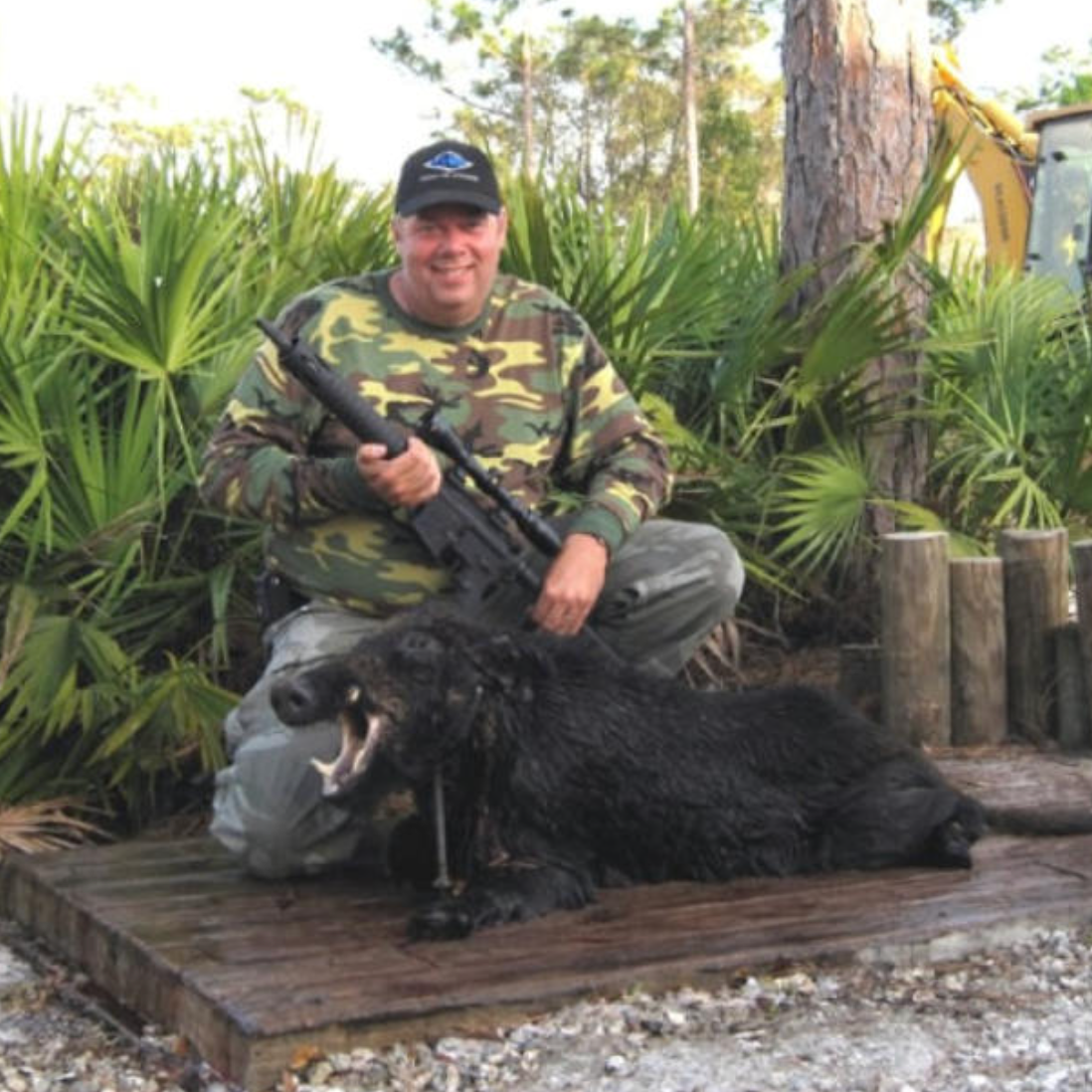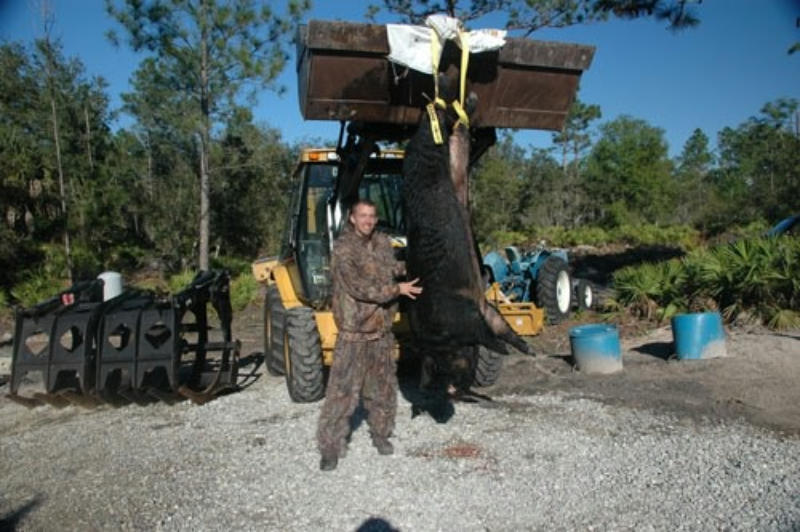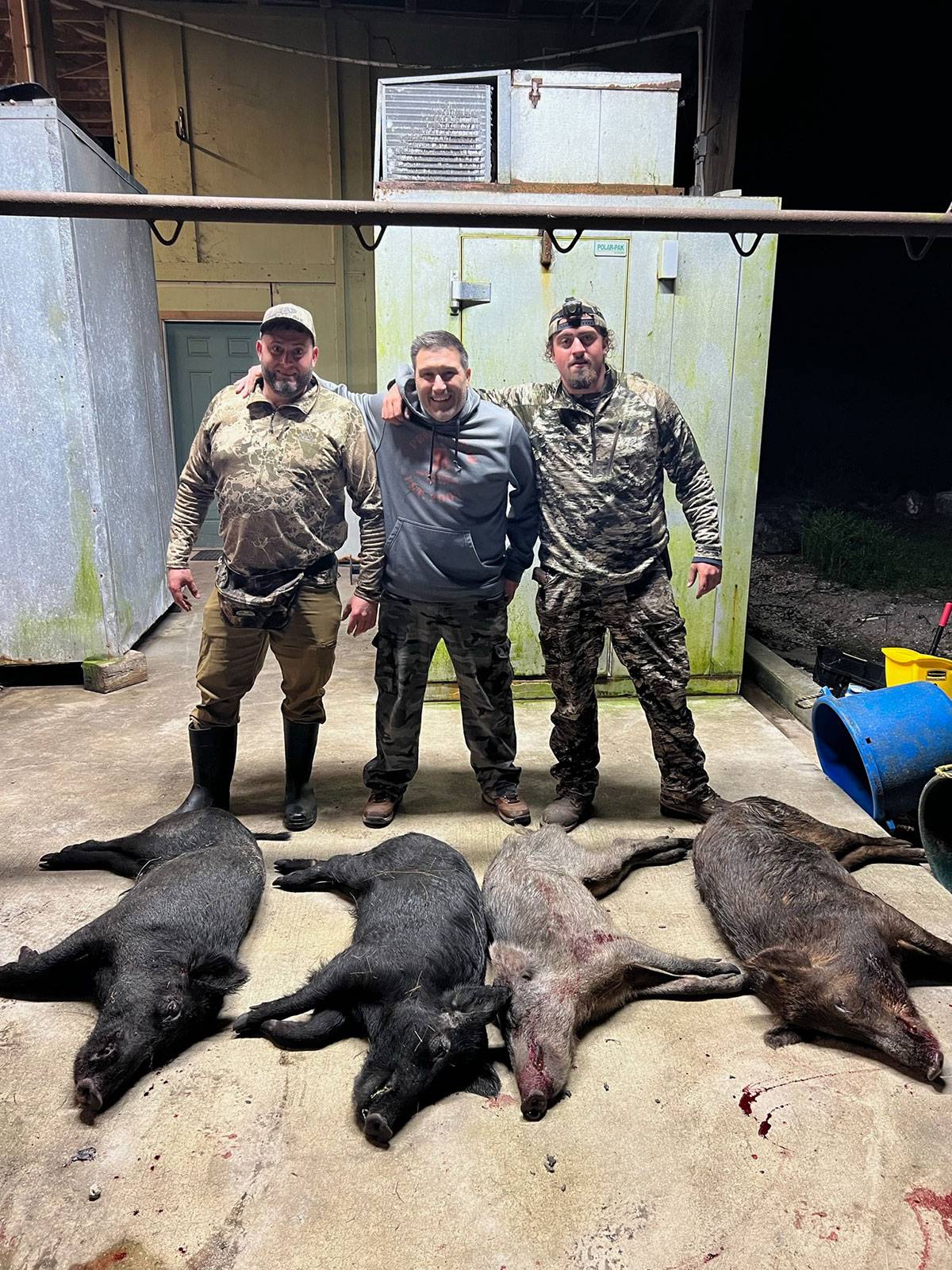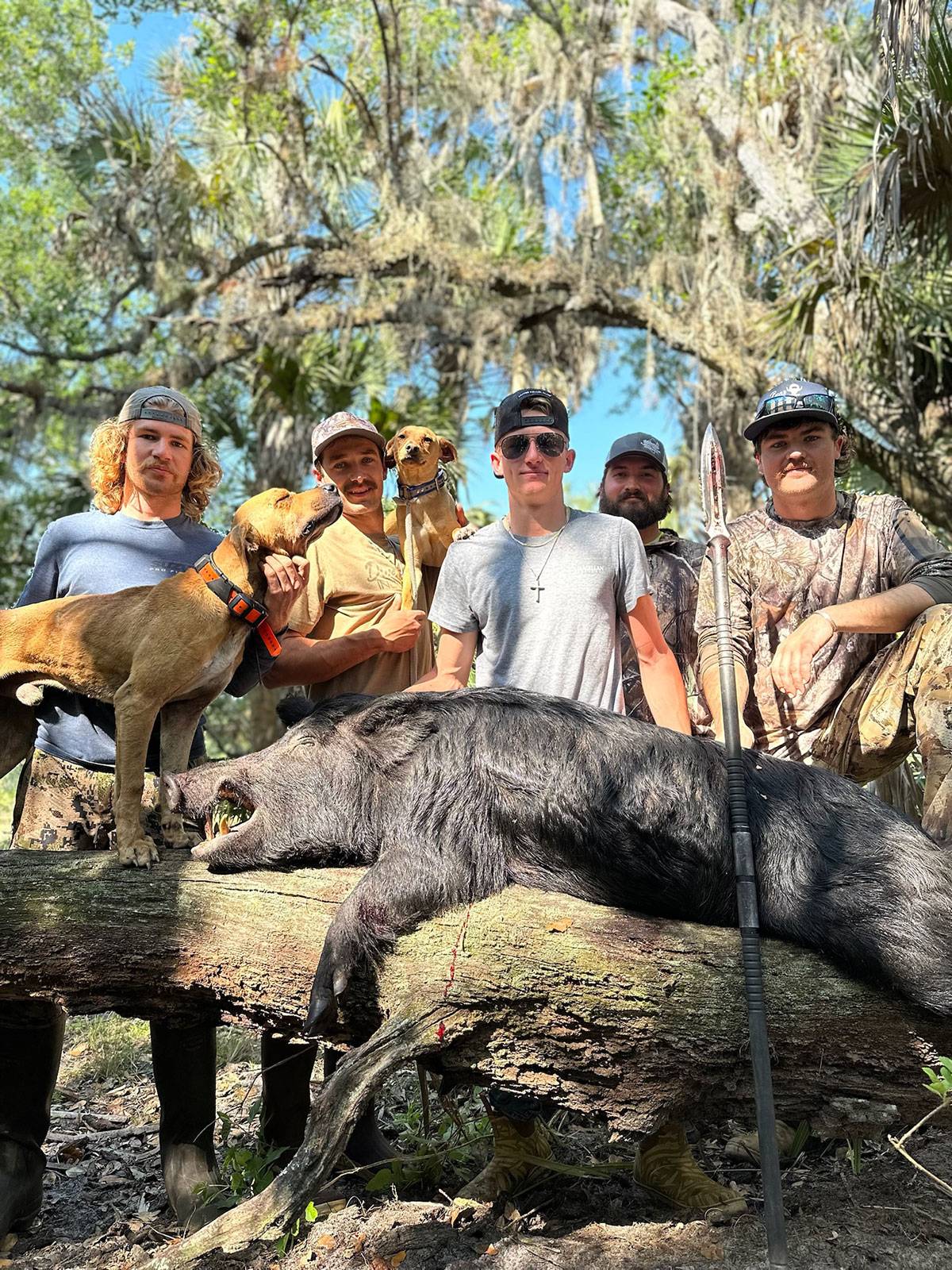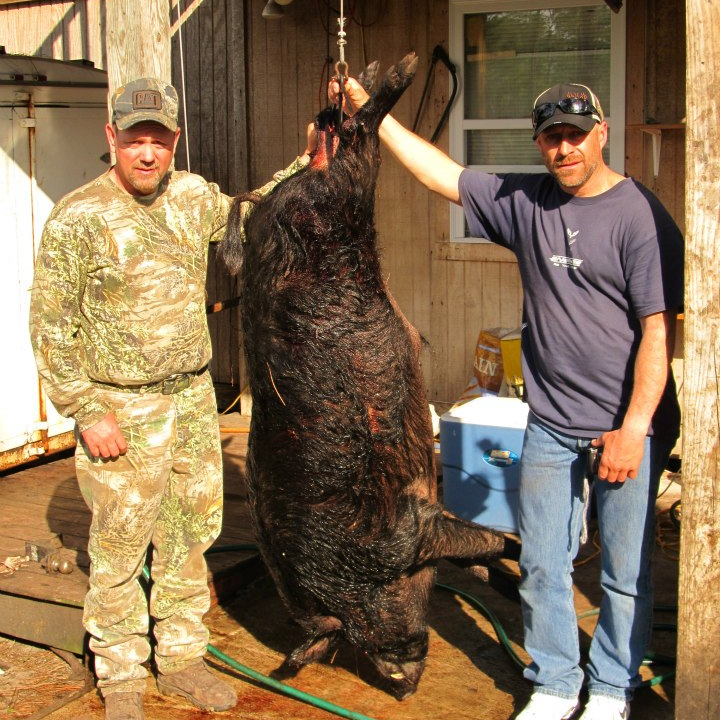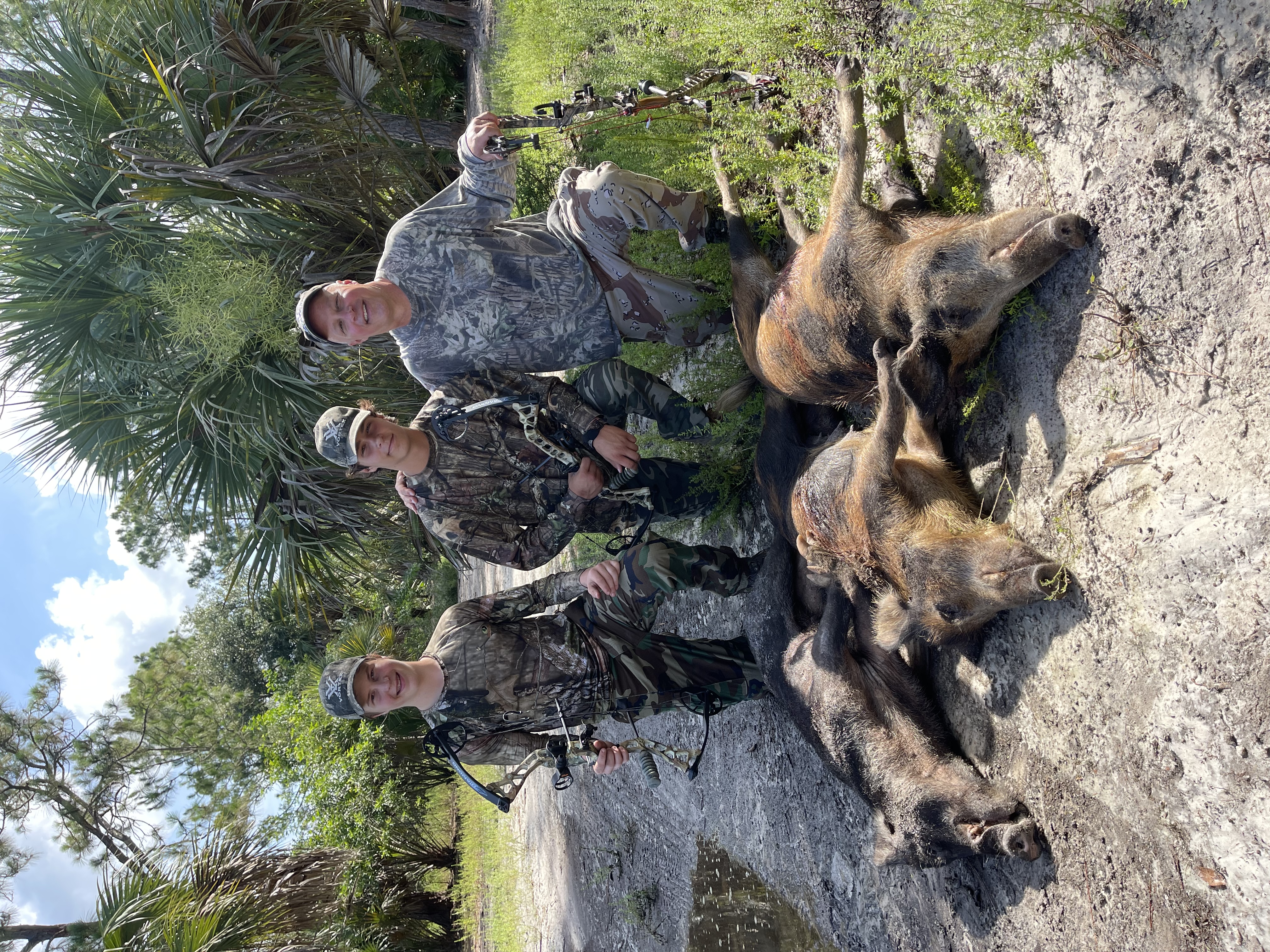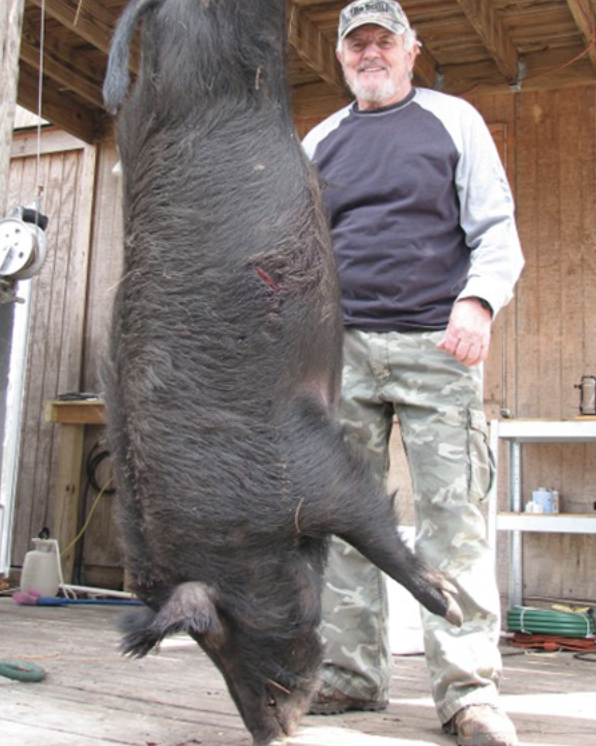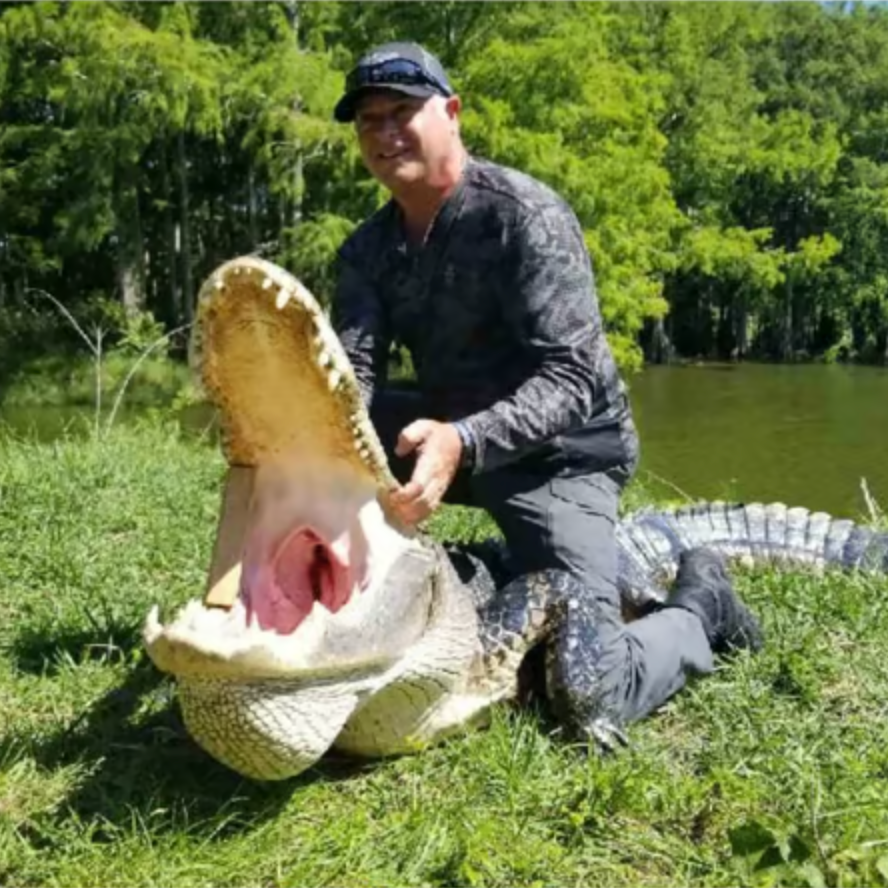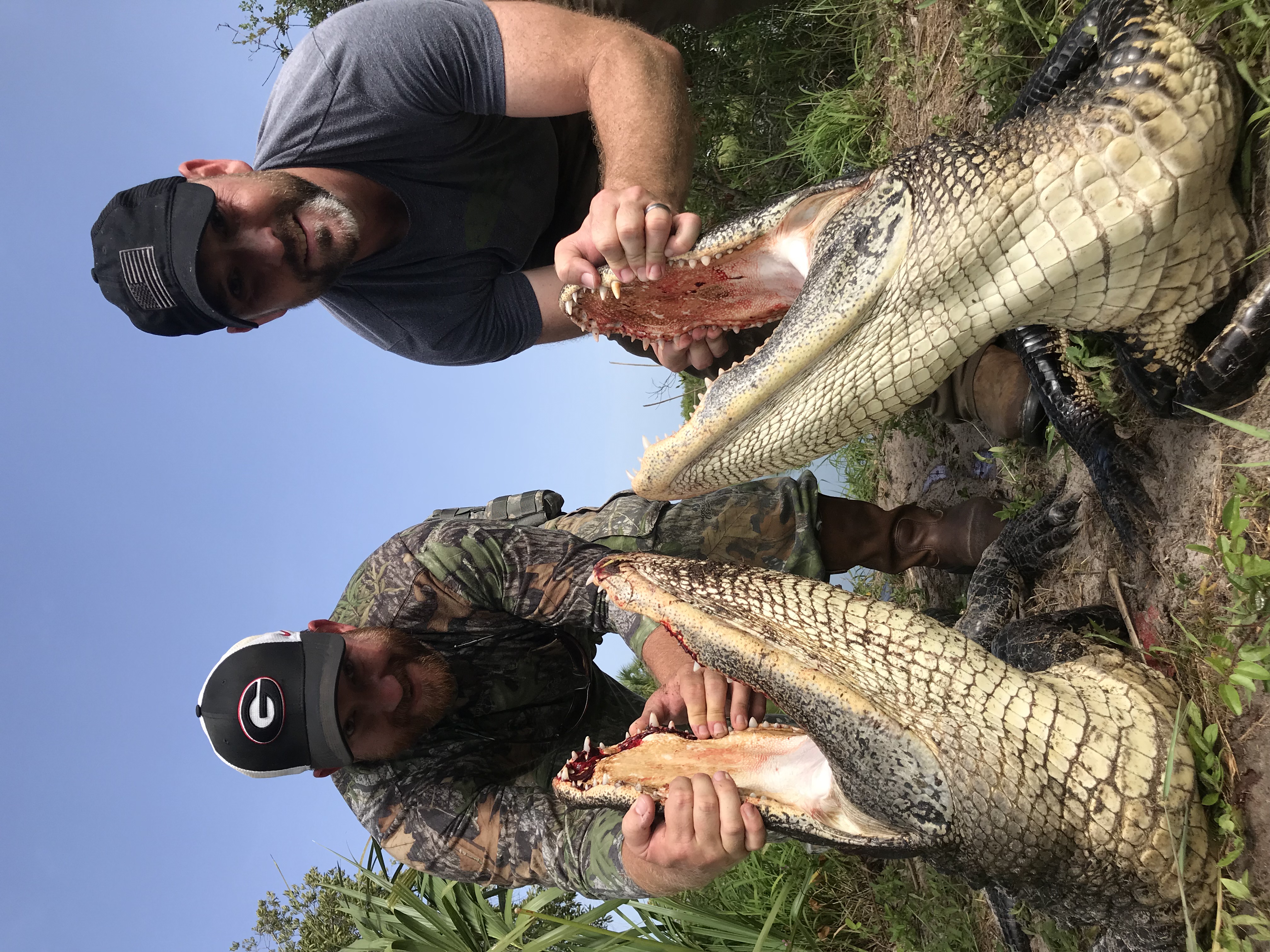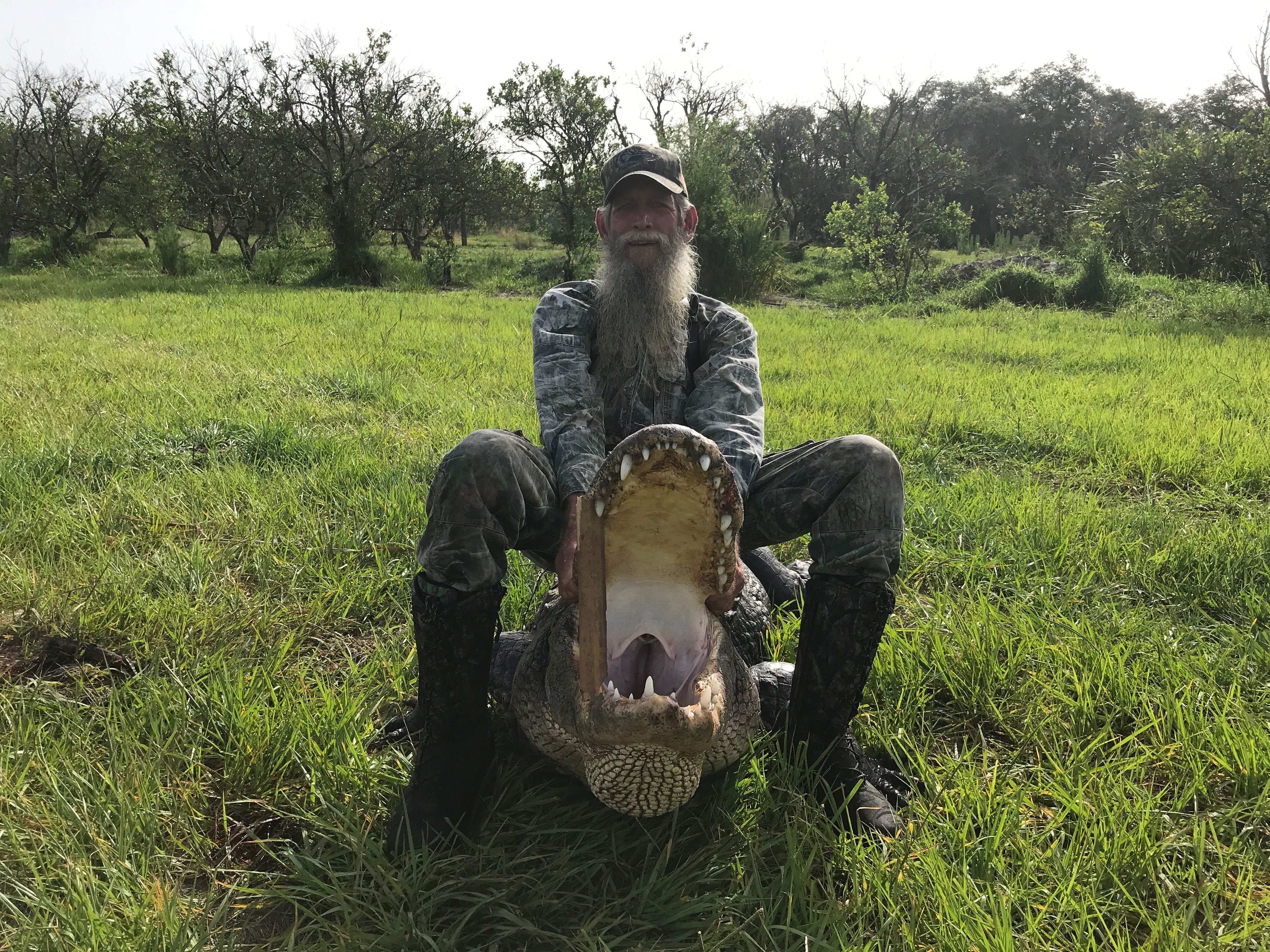Damn Good Guides
Experts Available 24/7
100% Weather Guarantee
Recently Booked Invasive Species Hunting Guides In Cape Coral, Fl
Invasive Species Hunting in Cape Coral
Iguana Bow Hunt & Bowfishing Combo
Invasive Species Hunting in Cape Coral
Iguana Hunting Veteran Guides
Invasive Species, Boat Cruise in Cape Coral
Iguana Hunts
Invasive Species Hunting in Cape Coral
Peacock Bass And Iguana Hunt Combo
Invasive Species Hunting in Cape Coral
Cast And Blast Cape Coral
Invasive Species Hunting in Cape Coral
Cape Coral Iguana Hunt
“Our Damn Good Guides go above and beyond, and we’ve handpicked every single one. We’re passionate about the outdoors and look forward to getting you out on the trip of a lifetime, every time.”
Jonathan and Attison | Co-founders | Austin, Texas
All Target Species in Cape Coral
- Get it while it's HOT!
- This species is in play.
- You might get lucky (as long as things are in-season).
- Couldn't tell ya! (no data)
More Invasive Species Hunting Guides In Cape Coral, Fl
Invasive Species Hunting in Zolfo Springs
Florida Hog Hunting
Invasive Species Hunting in Arcadia
Amazing FL Hog Hunts
Invasive Species Hunting in Okeechobee
Florida Wild Boar Whack!
Invasive Species Hunting in Arcadia
Private Land Hog Hunts
Invasive Species Hunting in Zolfo Springs
Florida Hog Smack!
Invasive Species Hunting in Zolfo Springs
Hog Hunting With Perks!
Need a Place to Stay?
Everything to Know About Booking a hunting trip in Cape Coral
What are the best invasive species hunting trips in Cape Coral?
The best invasive species hunting trips in Cape Coral are:
What is invasive species hunting in Cape Coral all about?
Invasive species hunting in Cape Coral, Florida, is a vital conservation effort aimed at controlling non-native species that threaten the region's delicate ecosystems. One of the primary targets for hunters in Cape Coral is the Burmese python. These large constrictors, originally from Southeast Asia, have established a presence in the nearby Everglades and surrounding areas. Invasive pythons prey on a variety of native wildlife, including small mammals, birds, and reptiles, disrupting the natural balance of the ecosystem. Python hunters utilize specialized techniques such as nighttime searches with thermal imaging equipment and trained dogs to locate and capture these elusive snakes. Effective python hunting efforts help reduce their numbers and mitigate their detrimental impact on native species.
Another invasive species of concern in Cape Coral is the green iguana. These reptiles, native to Central and South America, have thrived in Florida's subtropical climate and urban environments, where they feed on vegetation and compete with native wildlife for resources. Hunters employ methods such as air rifles and traps to capture green iguanas, particularly during times when they are most active, basking in the sun or foraging for food. Managing the green iguana population is essential for protecting local flora and minimizing damage to landscaping and infrastructure.
Additionally, invasive species hunting in Cape Coral includes efforts to control the population of lionfish. These predatory fish, native to the Indo-Pacific, have invaded the Gulf of Mexico and pose a significant threat to native marine life. Divers participate in spearfishing activities around reefs, wrecks, and rocky outcrops to remove lionfish from the marine environment. Organized hunts and tournaments often encourage community involvement in lionfish removal, raising awareness about their impact and promoting conservation efforts. Overall, invasive species hunting in Cape Coral plays a crucial role in preserving the region's natural habitats and biodiversity by managing populations of harmful non-native species.
What are the most popular months to go invasive species hunting in Cape Coral?
In Cape Coral, Florida, invasive species hunting follows seasonal patterns that optimize efforts to control and manage non-native species threatening local ecosystems. One of the primary targets throughout the year is the Burmese python, which poses a significant threat to native wildlife in the nearby Everglades and surrounding areas. Hunting seasons for pythons typically coincide with cooler months, from late fall through early spring, when these cold-blooded reptiles are more active during daylight hours. Hunters use specialized techniques such as thermal imaging devices and trained dogs to locate and capture pythons in their preferred habitats, such as wetlands and along waterways. The cooler temperatures during these months make it easier to spot pythons basking in the sun or moving between hunting grounds, enhancing the effectiveness of removal efforts to protect native species.
Green iguanas are another focus of invasive species hunting efforts in Cape Coral, with hunting seasons generally active year-round due to the reptiles' persistent presence and damaging impact on local vegetation. However, iguana hunting efforts are particularly active during the cooler months, when these cold-blooded creatures are more active during the day, making them easier to locate and capture using methods like air rifles and traps. Hunters strategically target areas where iguanas are known to congregate, such as residential neighborhoods and parks, to manage their population and minimize ecological damage caused by their feeding habits.
Lionfish hunting is also a significant part of invasive species control in Cape Coral, focusing on reducing populations of these invasive predators in the Gulf of Mexico. Lionfish hunting can occur year-round, but efforts are often heightened during warmer months when lionfish are more active around reefs, wrecks, and rocky outcrops. Divers equipped with spear guns participate in organized spearfishing events and tournaments to remove lionfish from marine environments, helping to protect native fish populations and coral reef ecosystems. Coordinating hunting efforts with the seasonal behaviors of invasive species ensures more effective management and conservation of Cape Coral's natural habitats and biodiversity.
What techniques are popular for invasive species hunting in Cape Coral?
Invasive species hunting in Cape Coral, Florida, employs diverse techniques tailored to effectively manage and reduce populations of non-native species threatening local environments. One of the primary methods used is spearfishing for lionfish, invasive predators that have proliferated in the Gulf of Mexico. Divers equipped with spear guns target lionfish around reefs, wrecks, and rocky outcrops, where they prey on native fish species. Spearfishing not only helps to remove lionfish but also supports efforts to restore balance to marine ecosystems by reducing their impact on native marine life. Community-driven events and tournaments often organize these efforts to encourage participation and maximize removal rates.
For managing Burmese pythons, hunters in Cape Coral employ specialized techniques such as nighttime searches using thermal imaging devices and trained dogs. Pythons, originally from Southeast Asia, have established breeding populations in nearby areas like the Everglades, where they threaten native wildlife. The cooler months, when pythons are more active during daylight hours, are particularly suitable for hunting efforts. These snakes are known for their elusive behavior, making the use of technology and skilled tracking crucial for locating and safely capturing them. Effective python hunting helps mitigate their impact on local ecosystems and supports conservation efforts to protect native species.
Green iguanas are another invasive species targeted for removal in Cape Coral, primarily due to their destructive impact on local vegetation and infrastructure. Hunters use methods such as air rifles and traps to manage green iguana populations, especially during times when these reptiles are most active, basking in sunny areas or foraging for food. Strategic placement of traps and targeted hunting efforts in residential neighborhoods and parks help reduce iguana numbers and minimize their ecological footprint. Overall, employing a variety of hunting techniques ensures a comprehensive approach to invasive species management in Cape Coral, safeguarding the region's natural habitats and biodiversity.
What species are popular for invasive species hunting in Cape Coral?
Invasive species hunting in Cape Coral, Florida, targets several key species that have become established threats to the local ecosystem. One primary target is the Burmese python, a large constrictor snake originally from Southeast Asia. These pythons have invaded the nearby Everglades and pose significant risks to native wildlife. Hunters focus on locating and capturing pythons using techniques such as nighttime searches with thermal imaging devices and trained dogs. The cooler months, when pythons are more active during daylight hours, are often preferred for hunting these elusive snakes. Removing pythons helps mitigate their impact on local ecosystems and protect native species from predation and competition.
Green iguanas are also a major focus of invasive species hunting efforts in Cape Coral. These reptiles, originally from Central and South America, have thrived in Florida's subtropical climate and urban environments. They are known for damaging vegetation and competing with native wildlife for resources. Hunters use methods such as air rifles and traps to capture green iguanas, especially during periods when they are most active, basking in the sun or foraging for food. Managing the green iguana population is essential for minimizing their impact on local flora and reducing conflicts with residents.
Additionally, invasive species hunting in Cape Coral includes efforts to control populations of lionfish. These predatory fish, native to the Indo-Pacific, have invaded the Gulf of Mexico and pose a significant threat to native marine life. Divers participate in spearfishing activities around reefs, wrecks, and rocky outcrops to remove lionfish from the marine environment. Organized hunts and tournaments encourage community involvement in lionfish removal, raising awareness about their impact and promoting conservation efforts. Targeting these invasive species through effective hunting strategies is crucial for preserving Cape Coral's natural habitats and maintaining biodiversity in the region.
Recent Reviews
Types of Tours in Cape Coral
Other Featured Cities
- Fishing Charters Near Me
- Austin Fishing Guides
- Biloxi Fishing Charters
- Bradenton Fishing Charters
- Cabo San Lucas Fishing Charters
- Cancun Fishing Charters
- Cape Coral Fishing Charters
- Charleston Fishing Charters
- Clearwater Fishing Charters
- Corpus Christi Fishing Charters
- Crystal River Fishing Charters
- Dauphin Island Fishing Charters
- Daytona Beach Fishing Charters
- Destin Fishing Charters
- Fort Lauderdale Fishing Charters
- Fort Myers Fishing Charters
- Fort Walton Beach Fishing Charters
- Galveston Fishing Charters
- Gulf Shores Fishing Charters
- Hatteras Fishing Charters
- Hilton Head Fishing Charters
- Islamorada Fishing Charters
- Jacksonville Fishing Charters
- Jupiter Fishing Charters
- Key Largo Fishing Charters
- Key West Fishing Charters
- Kona Fishing Charters
- Lakeside Marblehead Fishing Charters
- Marathon Fishing Charters
- Marco Island Fishing Charters
- Miami Fishing Charters
- Montauk Fishing Charters
- Morehead City Fishing Charters
- Naples Fishing Charters
- New Orleans Fishing Charters
- New Smyrna Beach Fishing Charters
- Ocean City Fishing Charters
- Orange Beach Fishing Charters
- Panama City Beach Fishing Charters
- Pensacola Fishing Charters
- Pompano Beach Fishing Charters
- Port Aransas Fishing Charters
- Port Orange Fishing Charters
- Rockport Fishing Charters
- San Diego Fishing Charters
- San Juan Fishing Charters
- Sarasota Fishing Charters
- South Padre Island Fishing Charters
- St. Augustine Fishing Charters
- St. Petersburg Fishing Charters
- Tampa Fishing Charters
- Tarpon Springs Fishing Charters
- Venice Fishing Charters
- Virginia Beach Fishing Charters
- West Palm Beach Fishing Charters
- Wilmington Fishing Charters
- Wrightsville Beach Fishing Charters
Didn't Find What You Were Looking For?
Our guides are Damn Good Guides, which means they’re vetted by our team of outdoor experts who know them on a first-name basis. We hand pick each and every one of them, and our network spans all across the US and beyond.
The proof is in the pudding, and we’re incredibly proud of our 4.9 / 5 average review score. Hit the button below to see more trip options:
